Understanding the Sources of Lawn Mower Noise
Lawn mowers are essential for maintaining a pristine lawn, but they often come with the unwelcome annoyance of loud noise. Understanding the various sources of lawn mower noise can help in finding effective ways to mitigate it.
Internal Combustion Engines and Noise Production
The internal combustion engine is a significant contributor to the noise generated by lawn mowers. These engines operate through a series of small, controlled explosions that power the mower's cutting blades. While efficient, this process inherently produces a high level of noise. The engine's components, such as pistons, valves, and exhaust systems, also contribute to the overall sound output. Regular maintenance and choosing the right model can reduce these noise levels.
Blade and Deck Vibrations
Another primary source of noise in lawn mowers comes from the blades and the deck. As the blades rotate at high speeds to cut grass, they create vibrations that can cause a reverberating sound. These vibrations can be exacerbated if the blade is dull or unbalanced, leading to an uneven cutting surface. Ensuring that the blades are regularly sharpened and balanced can significantly reduce these noise levels. Additionally, the deck, which houses the blade, can amplify these vibrations if it becomes loose or damaged over time.
Environmental Factors and Acoustic Reflections
Environmental factors and acoustic reflections also play a role in how loud a lawn mower sounds. The terrain, including hills and flat surfaces, can affect how noise travels. In addition, objects such as trees, walls, and fences can reflect sound waves, amplifying the perceived noise. Taking these factors into account can guide you in strategically planning your mowing activity to minimize noise impact.
Choosing a Quieter Lawn Mower
The first step in reducing lawn mower noise is to choose a model designed with quieter operation in mind. There are notable differences between electric and gas-powered mowers, and specific features can further reduce noise levels.
Electric vs. Gas-Powered Mowers

One of the most effective ways to decrease lawn mower noise is to switch from a gas-powered mower to an electric one. Electric mowers generally produce less noise because they lack the combustion engine that creates much of the sound. They run on either batteries or a cord, making them quieter and more environmentally friendly. Although they might not be suitable for very large lawns, for average-sized residential areas, electric mowers can be a great choice to significantly cut down on noise pollution.
Features to Consider for Noise Reduction
Engine Design

When searching for a quiet lawn mower, pay close attention to the engine design. Models that feature quieter engines will often advertise this as a selling point. Engines designed with specific noise-reducing technology and materials can operate more quietly than standard models. Look for features such as insulated engine compartments and advanced exhaust systems that help mute the sound.
Blade Configuration
The configuration of the blades also impacts the noise level. Multi-blade systems designed to cut more grass in a single rotation can reduce the time and effort needed, which in turn can reduce noise. Additionally, blades made of certain materials or designed with aerodynamic properties can generate less noise. Understanding these features can guide you in purchasing a mower optimized for quieter operation.
By considering the sources of noise and opting for quieter equipment, it is possible to make significant strides in reducing the noise output of your lawn mower. In the next section, we will discuss regular maintenance practices that can further aid in noise control.
Regular Maintenance for Noise Control
Engine Tuning and Maintenance
Regular engine tuning and maintenance are critical for keeping noise levels low. Simple tasks like oil changes and replacing air filters can ensure the engine runs smoothly and more quietly. Clean oil lubricates the engine parts efficiently, minimizing friction and noise. Furthermore, a clean air filter enables the engine to "breathe" better, reducing rough running that can contribute to noise. Attention to spark plugs and ignition systems is equally important, as faulty ignition can lead to misfires and increased noise.
Oil Changes and Air Filters
Performing routine oil changes according to the manufacturer's guidelines can significantly reduce engine noise. Fresh oil reduces friction among the engine's moving parts, leading to quieter operation. Additionally, clean air filters prevent dirt and debris from entering the engine, ensuring it runs smoothly. Replacing air filters as recommended can keep your engine in top form, thereby minimizing excessive noise.
Spark Plugs and Ignition Systems
Spark plugs and ignition systems play a crucial role in the overall performance and noise level of your lawn mower. Worn-out spark plugs can cause the engine to misfire, resulting in an uneven and noisy performance. By regularly inspecting and replacing spark plugs, you can ensure the engine ignites the fuel efficiently, reducing overall noise. Proper maintenance of the ignition system, including checking the timing and connections, can further aid in keeping the noise levels low.
Blade Sharpening and Balancing
Proper care of the blades can go a long way in reducing lawn mower noise. Regular blade sharpening ensures that the mower cuts grass efficiently without causing undue strain on the engine. Balanced blades prevent excessive vibrations, which are a significant contributor to noise.
Avoiding Uneven Cutting
Uneven cutting not only looks unsightly but also causes the mower to work harder, increasing noise levels. Dull or damaged blades tear the grass rather than cutting it cleanly, requiring more power and generating more noise. Regularly sharpening the blades ensures a clean cut and reduces the load on the engine.
Vibration Dampening Techniques
Balancing the blades is equally important for noise reduction. Unbalanced blades create vibrations that amplify noise levels. Special tools and techniques can help balance the blades, ensuring smooth and quiet operation. Moreover, using vibration dampening materials like rubber grommets in the blade assembly can further reduce noise.
Deck Cleaning and Care
The mower deck, which houses the blades, also plays a significant role in noise production. Keeping the deck clean and well-maintained can help in reducing noise output. Regularly removing debris and inspecting for damage can ensure smooth operation.
Removing Debris
A cluttered deck can cause the mower to work harder, leading to increased noise levels. Grass clippings, sticks, and other debris trapped under the deck can obstruct the blade's movement, causing vibrations and noise. Regularly cleaning the deck ensures that the blades can operate freely, reducing noise.
Inspecting for Damage
Inspecting the deck for any signs of damage, such as cracks or loose parts, is crucial for noise control. A damaged deck can amplify vibrations, increasing noise output. Promptly addressing any issues can help maintain a quieter mower.
Noise Reduction Accessories and Equipment
Mufflers and Silencers
Mufflers and silencers are effective accessories to reduce engine noise. Different types of mufflers, such as reactive and absorptive mufflers, can be installed to decrease noise levels significantly. Reactive mufflers use chambers to cancel sound waves, while absorptive mufflers use materials that absorb sound energy. Installation tips include ensuring the muffler is securely attached to avoid additional noise from vibrations.
Types of Mufflers Available
When choosing a muffler, it’s essential to consider the specific type designed for lawn mowers. Reactive mufflers are common and work by reflecting sound waves through a series of channels, effectively reducing noise. On the other hand, absorptive mufflers contain materials like fiberglass that absorb sound waves, offering another layer of noise reduction. Both types are effective, but your choice may depend on your specific mower model and noise reduction needs.
Installation Tips
Proper installation is crucial for the effectiveness of mufflers and silencers. Ensure the muffler fits snugly onto the exhaust outlet to avoid any sound leaks. Using quality mounting hardware and checking for a secure fit can prevent rattling noises. It's also wise to consult the mower's manual or a professional for installation to ensure optimal performance.
Soundproofing Insulation Materials
Soundproofing materials such as foam and rubber can be used to dampen the noise produced by lawn mowers. These materials can be applied around the engine compartment or the deck to absorb and reduce sound.
Foam and Rubber Solutions
Foam and rubber insulation materials are excellent for reducing noise levels. Acoustic foam can be used to line the engine compartment, absorbing the sound waves before they can escape. Similarly, rubber mats can be placed under the deck to dampen the vibrations and reduce noise. Both materials are effective and relatively easy to install.
Installation Procedures
When installing soundproofing materials, ensure they are cut to fit the specific areas you wish to insulate. Secure the materials in place using adhesive or mechanical fasteners. It's important to cover as much surface area as possible to maximize noise reduction. Regularly check the integrity of the insulation to ensure it remains effective over time.
Operating Techniques to Minimize Noise
Mowing at Optimal Times
Timing your mowing activities can have a significant impact on perceived noise levels. Early mornings and late evenings tend to be quieter times, making the noise from the mower less obtrusive. Additionally, some local regulations may dictate specific times for mowing to minimize disturbance.
Speed Adjustment
Adjusting the mowing speed can also help in reducing noise. Operating the mower at a moderate pace, rather than at full throttle, can reduce the engine noise. Slower speeds also allow the blades to cut the grass more efficiently, further reducing noise levels.
Grass Height Management

Maintaining an optimal grass height can reduce the strain on the mower, resulting in lower noise production. Cutting the grass too short often requires multiple passes, which can increase noise. Keeping the grass at a moderate length ensures the mower can cut it more easily, minimizing noise.
Landscaping Solutions to Mitigate Noise
Planting Noise-Absorbing Vegetation
Strategic landscaping can help absorb and reduce noise levels from lawn mowers. Certain types of vegetation are particularly effective at absorbing sound waves, thereby reducing the overall noise.
Types of Plants Suited for Absorption
Plants such as hedges, shrubs, and dense trees are excellent at absorbing noise. Species like bamboo, boxwood, and fir are particularly effective due to their dense foliage. Planting these around the perimeter of your lawn can create a natural sound barrier.
Strategic Planting Locations
Placing noise-absorbing plants strategically can maximize their effectiveness. Plant them along property boundaries or near common areas where noise is most likely to be bothersome. Dense clusters of vegetation can act as a buffer, reducing the noise that reaches your home and neighboring properties.
Building Barriers or Fences
Constructing barriers or fences is another effective way to mitigate noise from lawn mowers. The materials and design of the barriers can significantly affect their noise reduction capabilities.
Material Choices for Barriers
Materials like wood, vinyl, and composite are good choices for building noise-reducing barriers. Solid barriers without gaps are most effective at blocking sound. Additionally, incorporating sound-absorbing materials into the barrier design can further enhance noise reduction.
Proper Barrier Setup Techniques
Proper installation is key to the effectiveness of noise barriers. Ensure the barrier is tall enough to block the line of sight to the noise source. Install the barriers as close to the noise source as possible for maximum effectiveness. Sealing any gaps and adding sound-absorbing materials can enhance the barrier's performance.
Summary Guide to Achieving a Quieter Lawn Care Experience
Reducing lawn mower noise involves a multifaceted approach, starting with understanding the sources of noise and choosing the right equipment. Regular maintenance, including engine tuning and blade care, plays a crucial role in noise reduction. Accessories like mufflers and soundproofing materials can further mitigate noise. Simple operating techniques and strategic landscaping can also contribute to a quieter lawn care experience.
In addition to the above methods, it is also very important to choose a trustworthy brand.
PowerSmart Lawn Mowers are renowned for their exceptional performance, durability, and user-friendly design. These mowers are equipped with high-performance engines, ergonomic features, and adjustable cutting heights, ensuring a flawless cut every time. PowerSmart offers a diverse range of models, including push, self-propelled, and eco-friendly options, catering to the specific needs of consumers.
One notable product from PowerSmart is their Cordless Lawn Mower, which is perfect for budget-conscious individuals seeking a lightweight and easy-to-use mower for basic lawn maintenance. Powered by a robust battery, this mower delivers efficient and reliable performance. With a runtime of up to 60 minutes on a single charge, it can effortlessly cover over half an acre of grass.
The Cordless Lawn Mower features a sturdy 21",22", and 26" steel deck and a top-rated brushless motor, ensuring swift mowing, quiet operation, and extended longevity. It is designed for effortless use, requiring no assembly and featuring a quick folding and extending mechanism. Additionally, it offers a 3-in-1 functionality, allowing for mulching, side discharge, and rear bag discharge. The mower also boasts a convenient single lever, 5-position height adjustment, accommodating various grass types.
One of the key advantages of PowerSmart Cordless Lawn Mowers is their maintenance-free operation. They eliminate the need for gas, emit no harmful emissions, and require no maintenance. The push-button start ensures hassle-free operation, while the low noise level provides a quieter mowing experience compared to gas-powered mowers. Despite being cordless, these mowers deliver robust performance comparable to gas mowers, making them a reliable choice for effortless lawn care.
In summary, PowerSmart Lawn Mowers, including their Cordless Lawn Mower, offer powerful performance, durability, and user-friendly features. With their range of models and features, they cater to different consumer preferences. Whether you need a push, self-propelled, or eco-friendly option, PowerSmart has the perfect solution for efficient and reliable lawn maintenance.

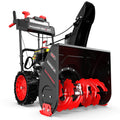





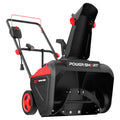

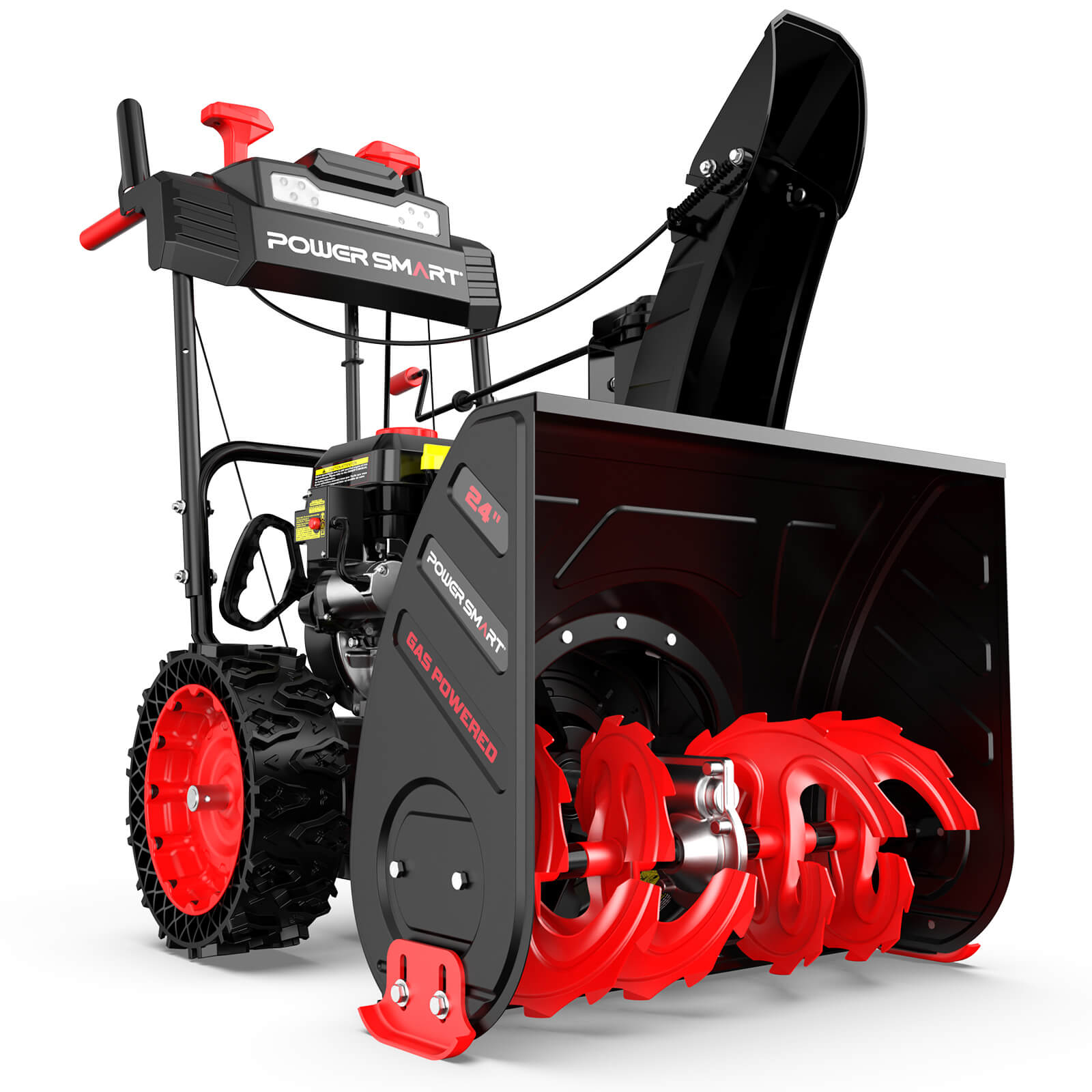
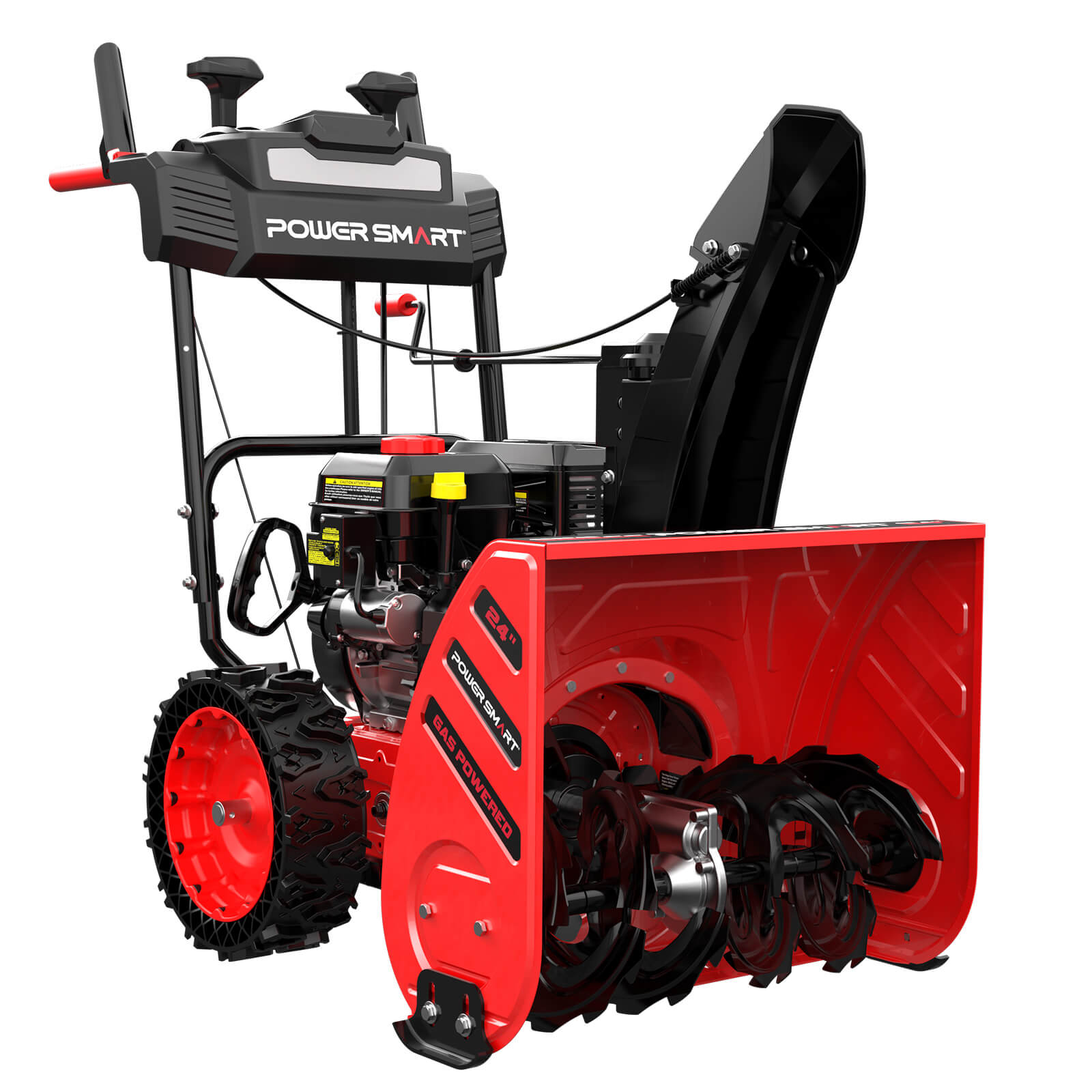
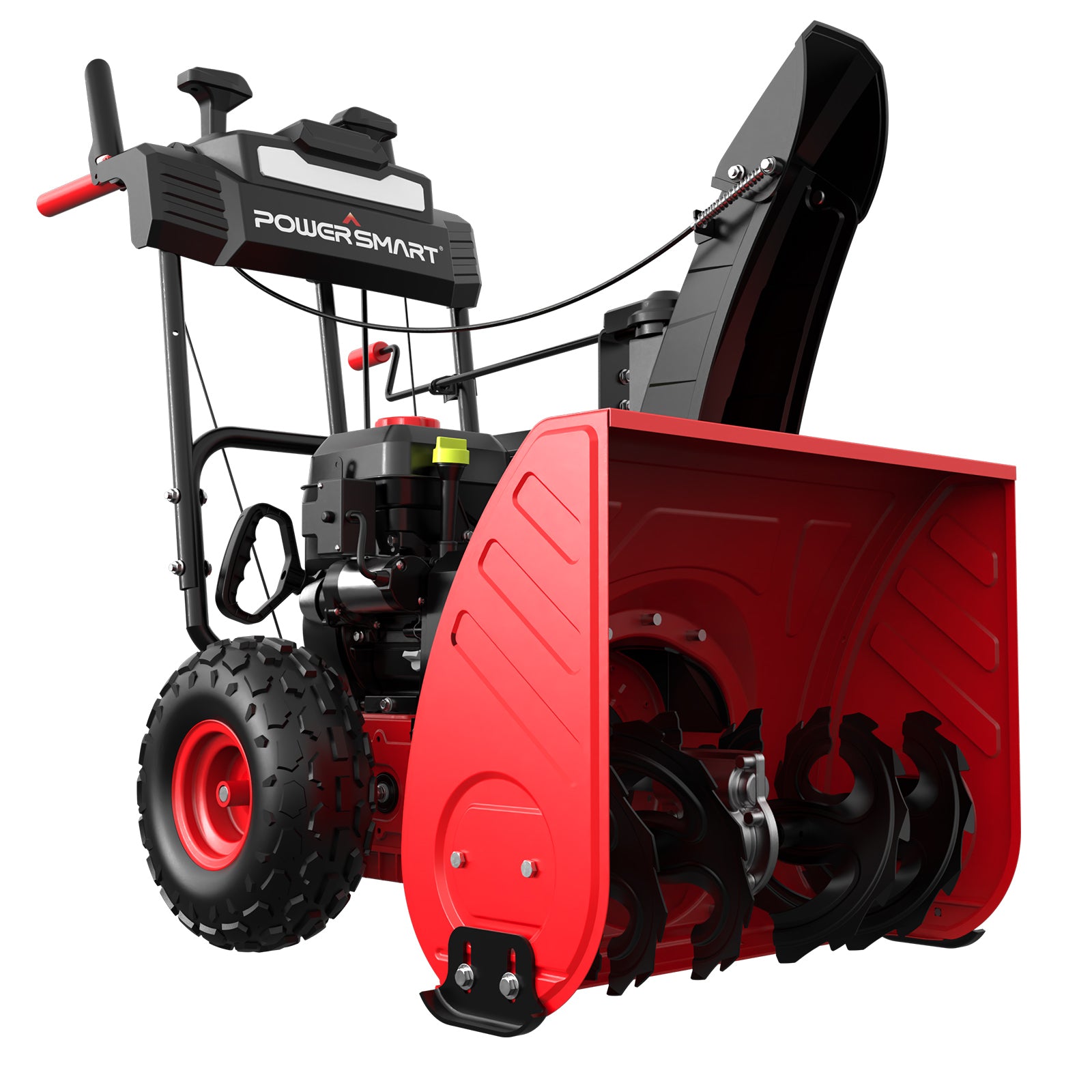
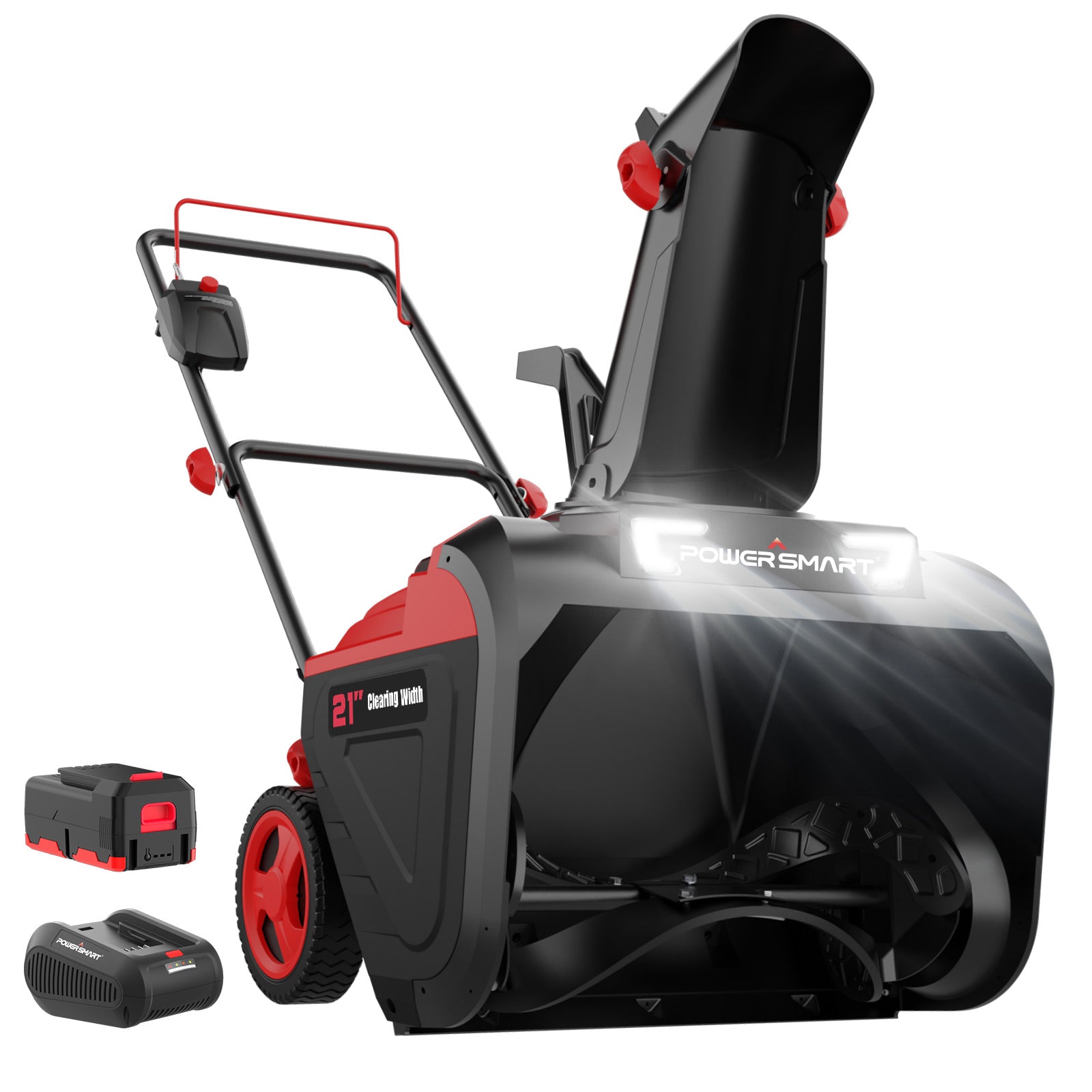
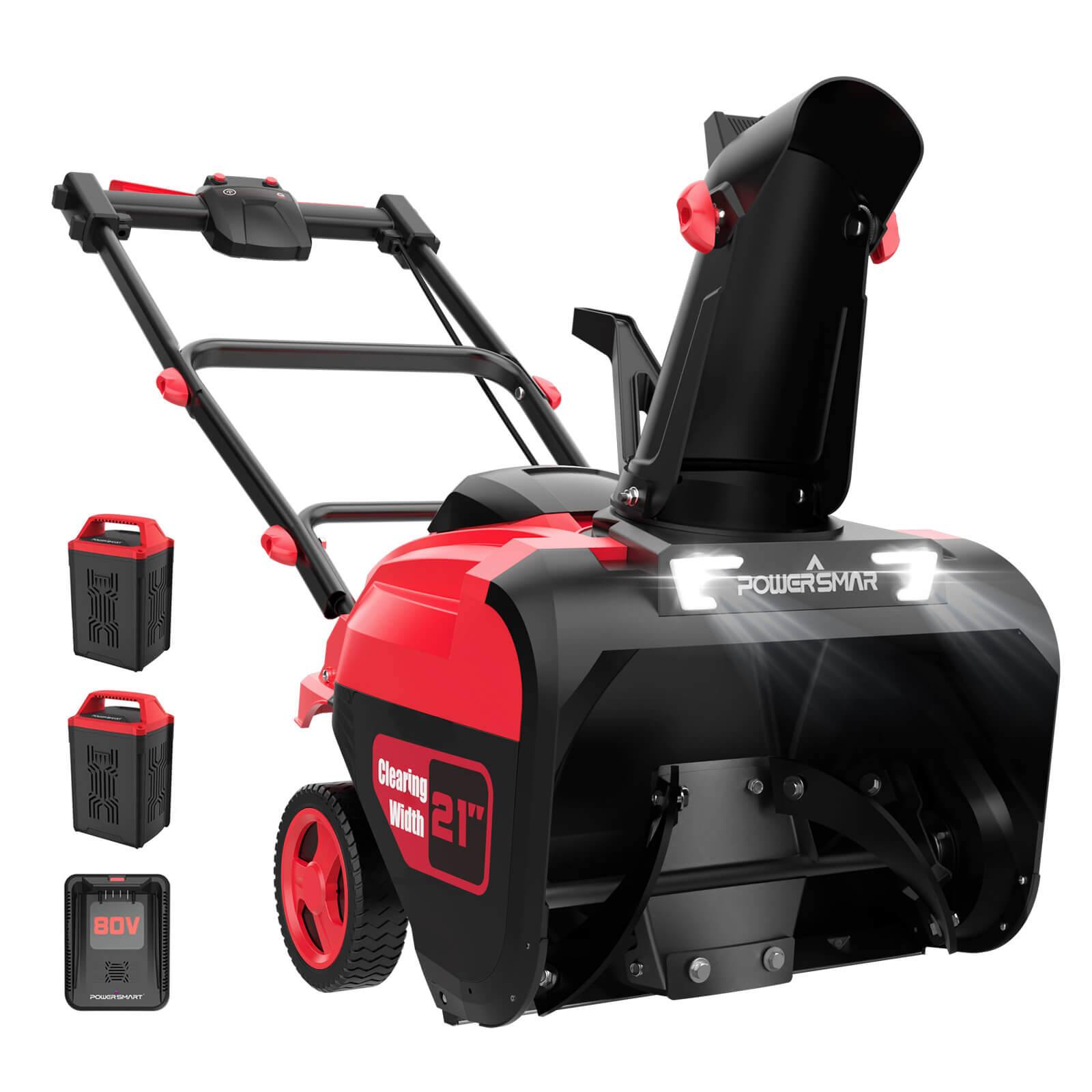
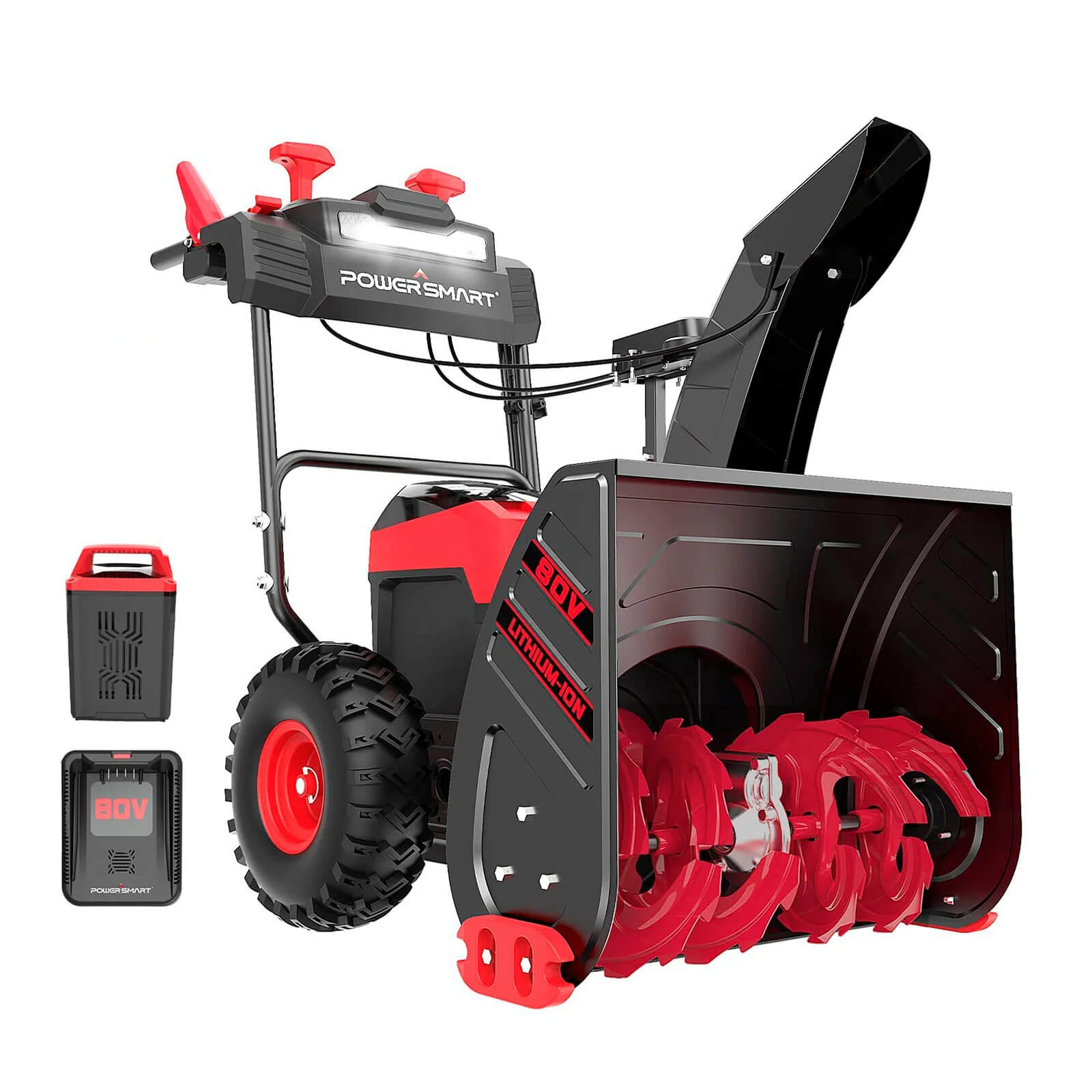
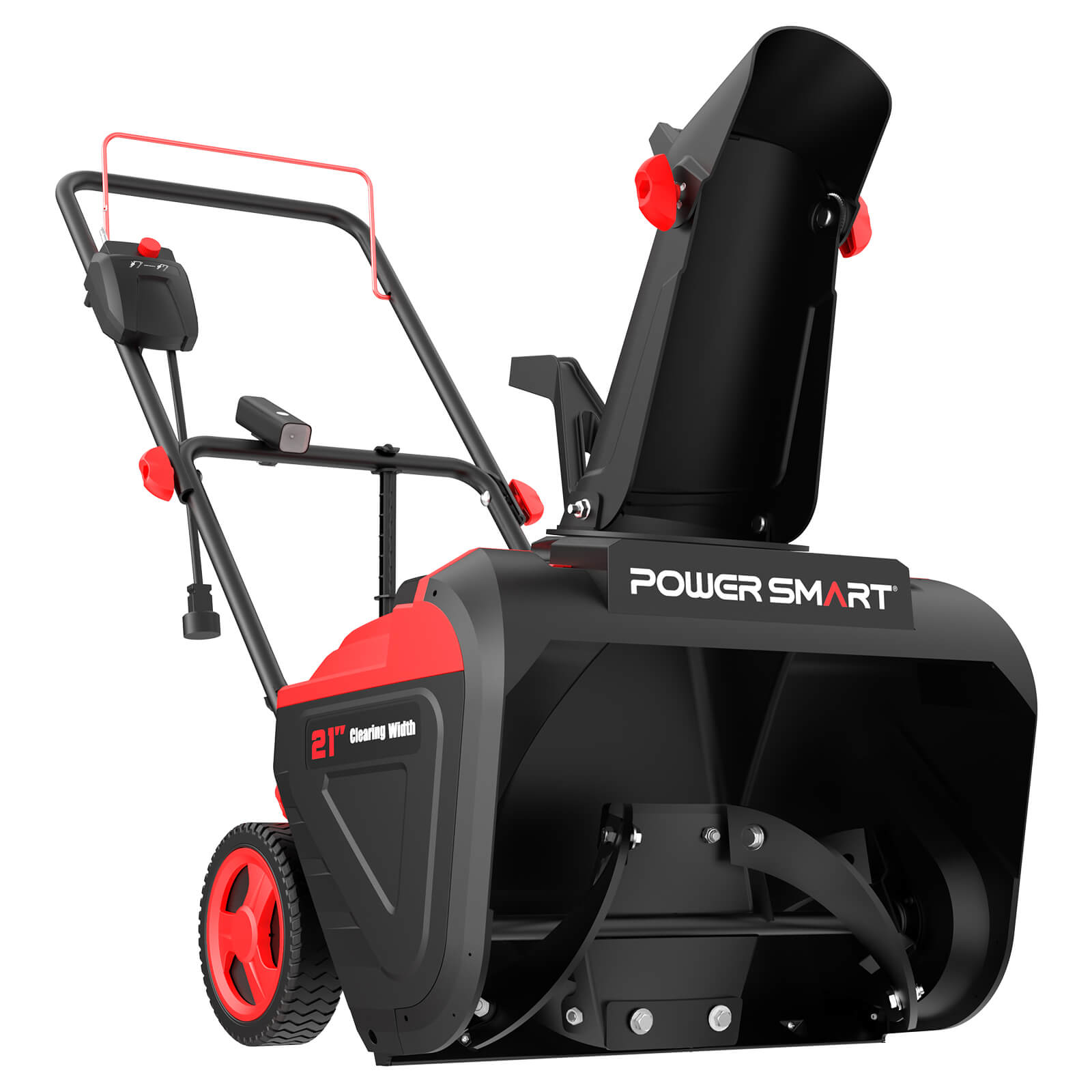
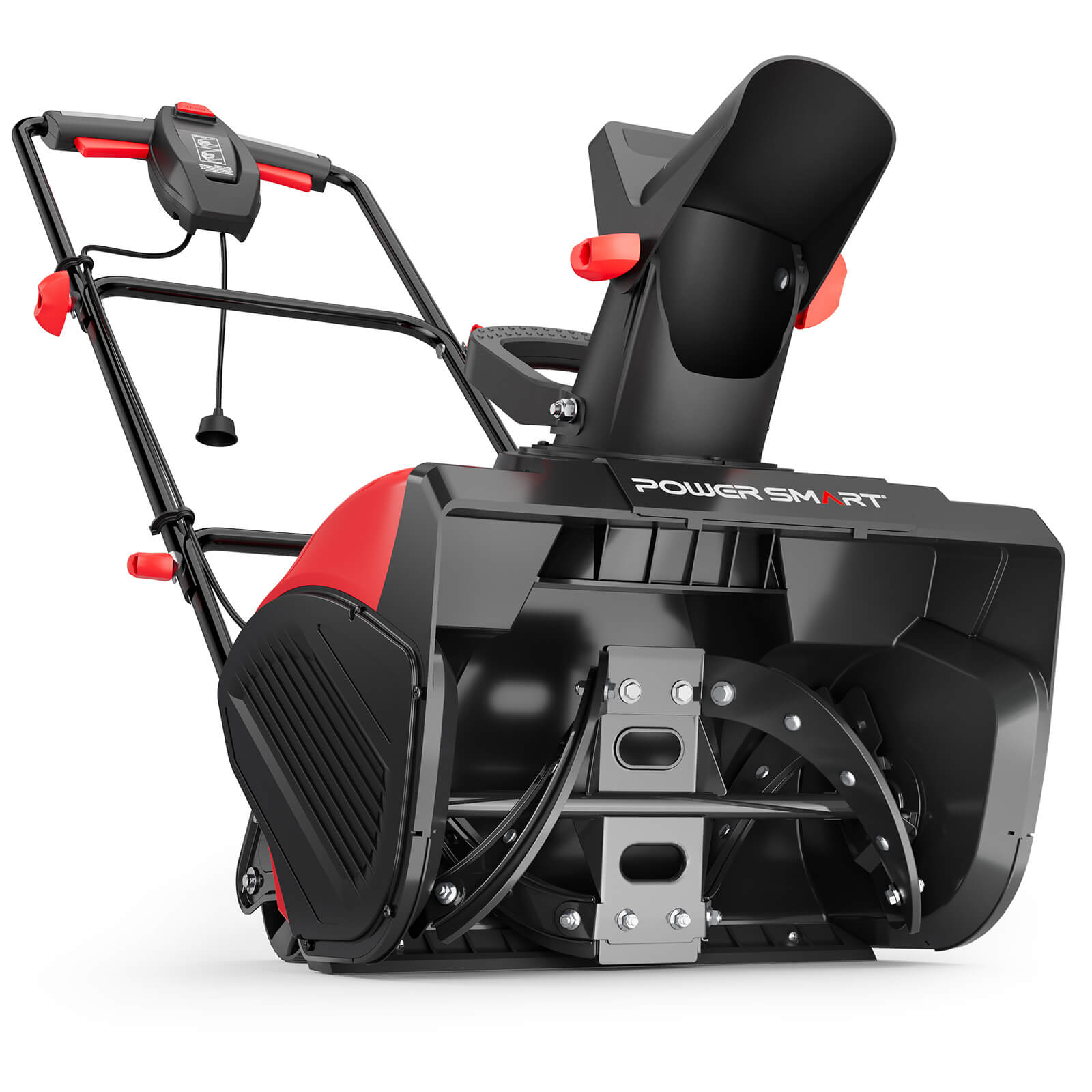




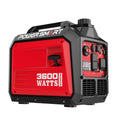
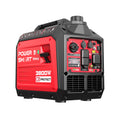
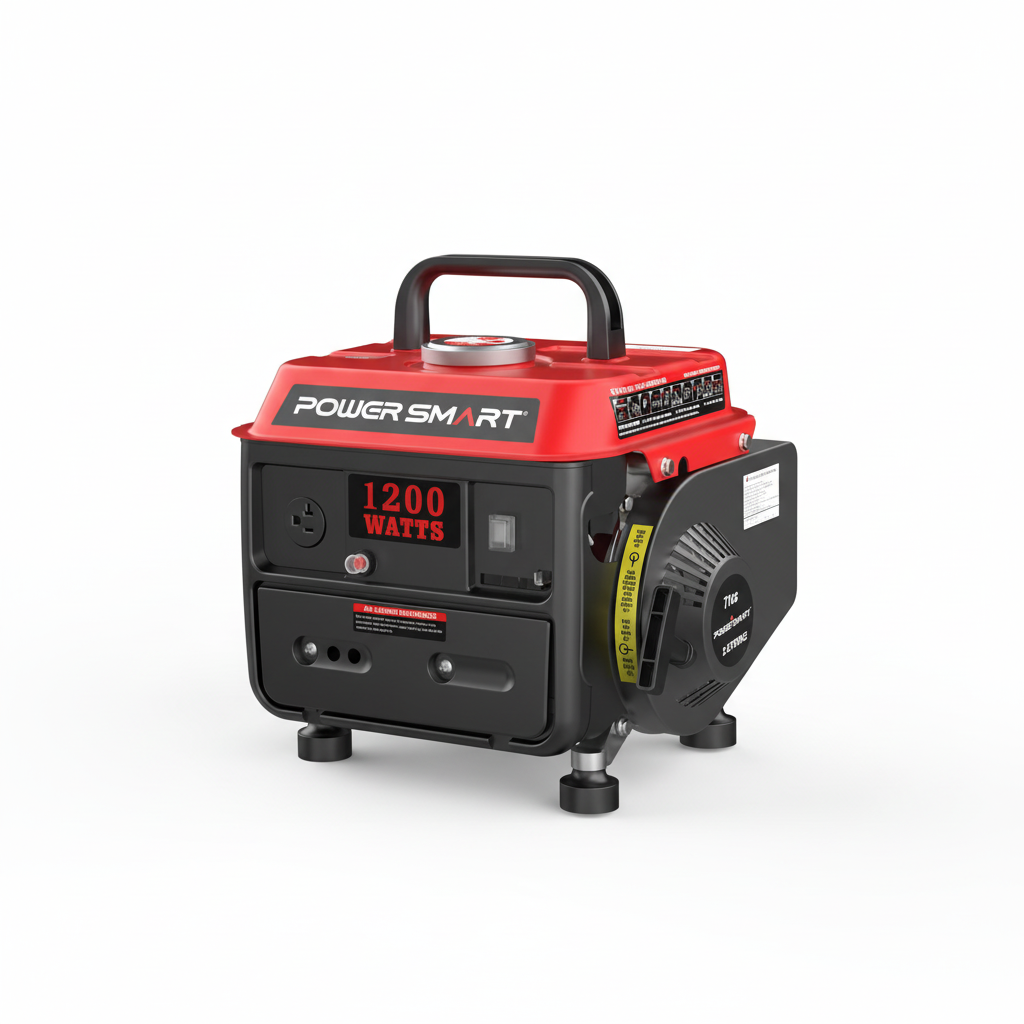


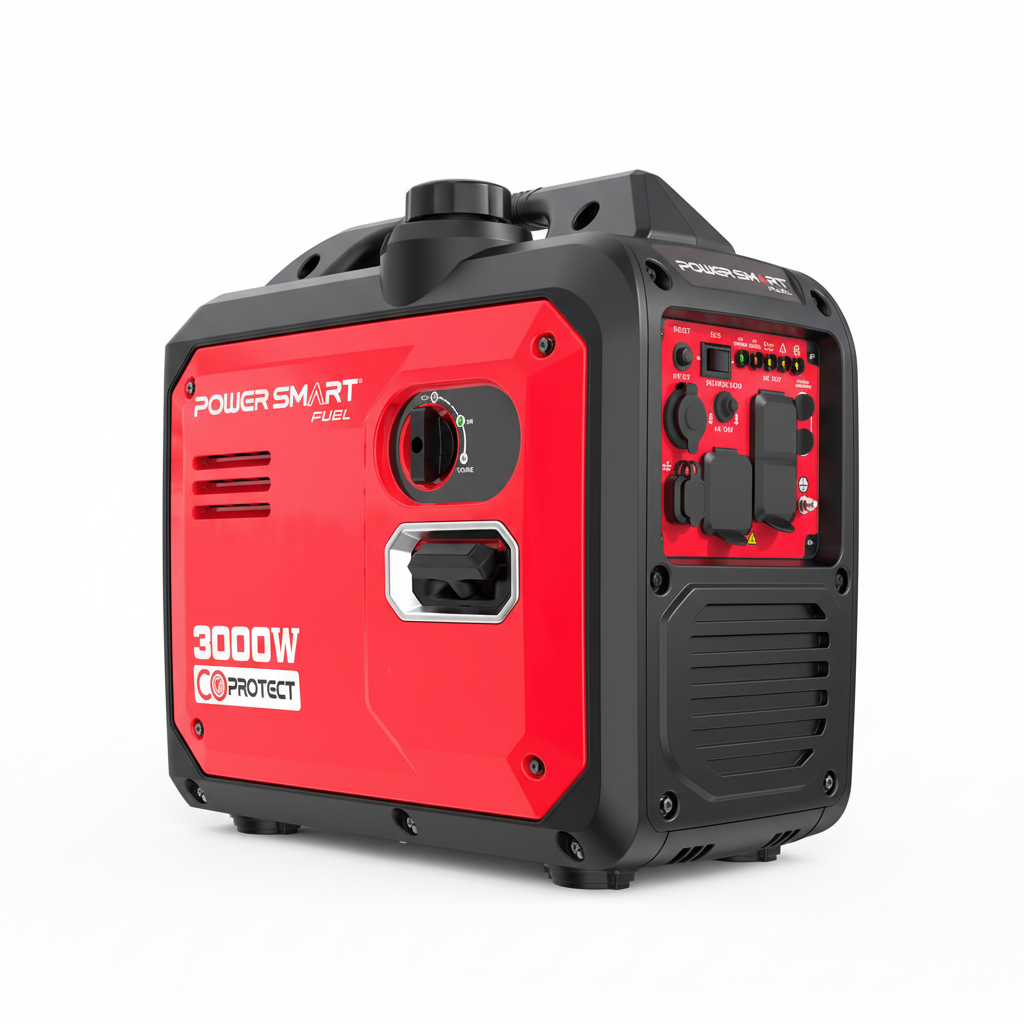
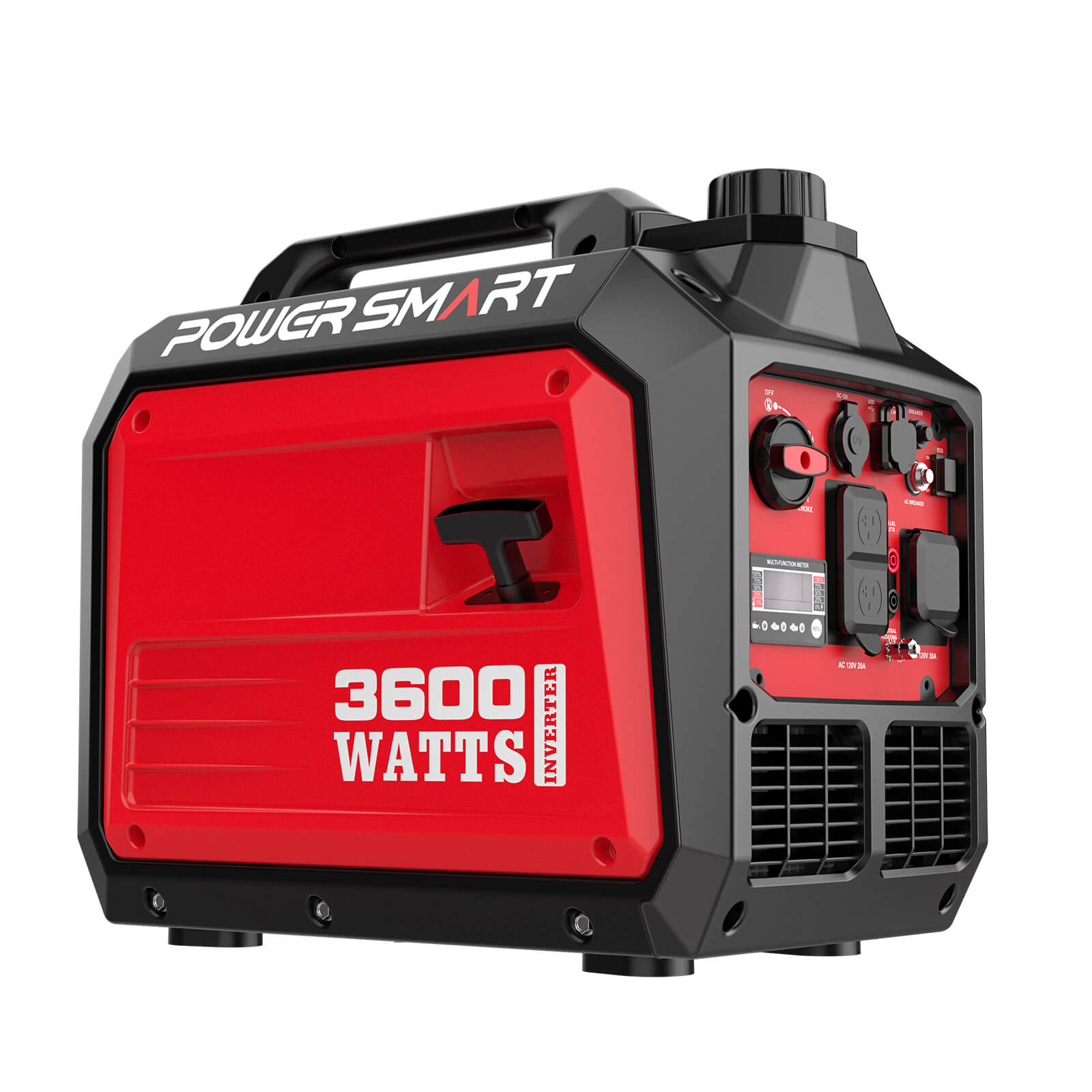
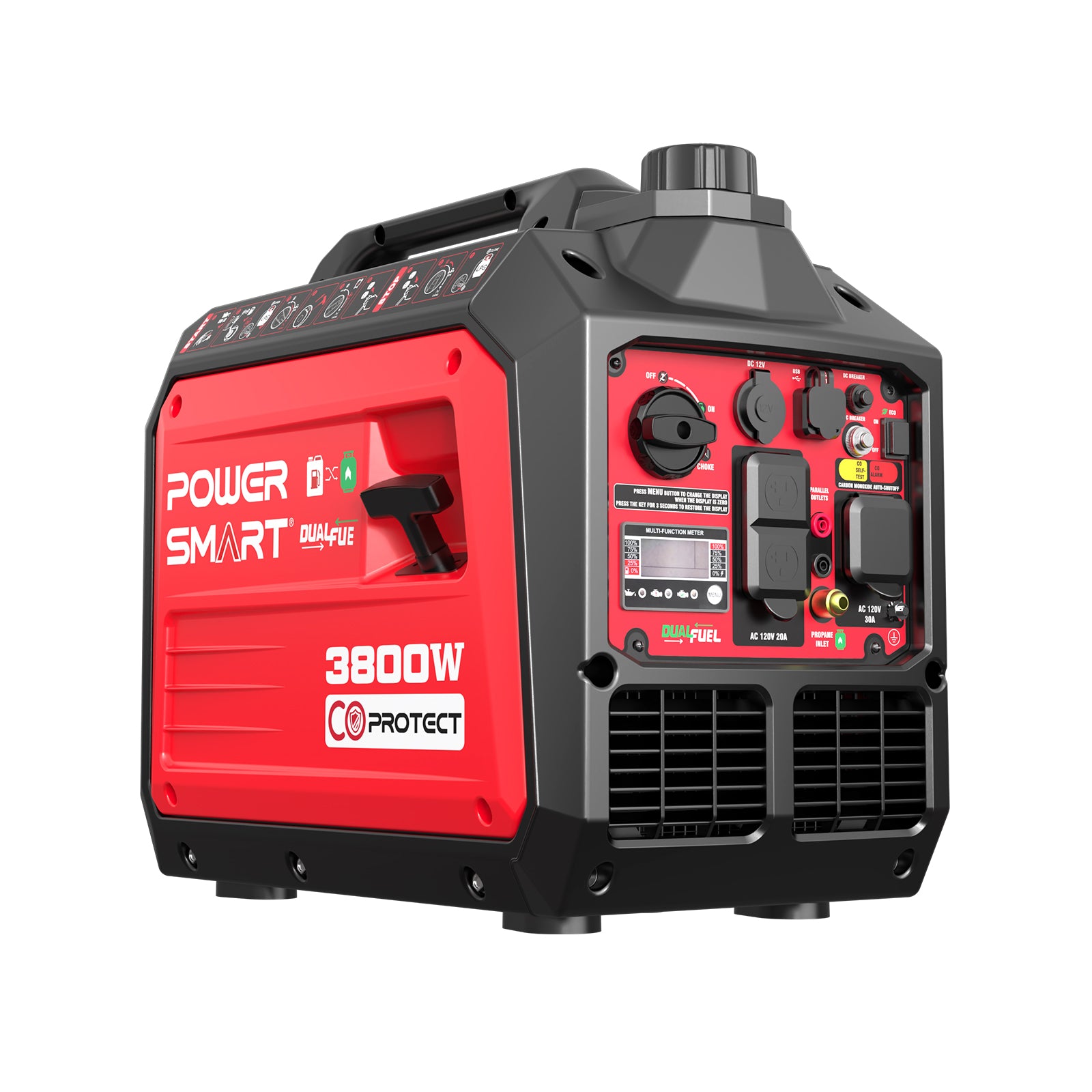


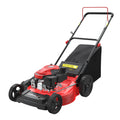











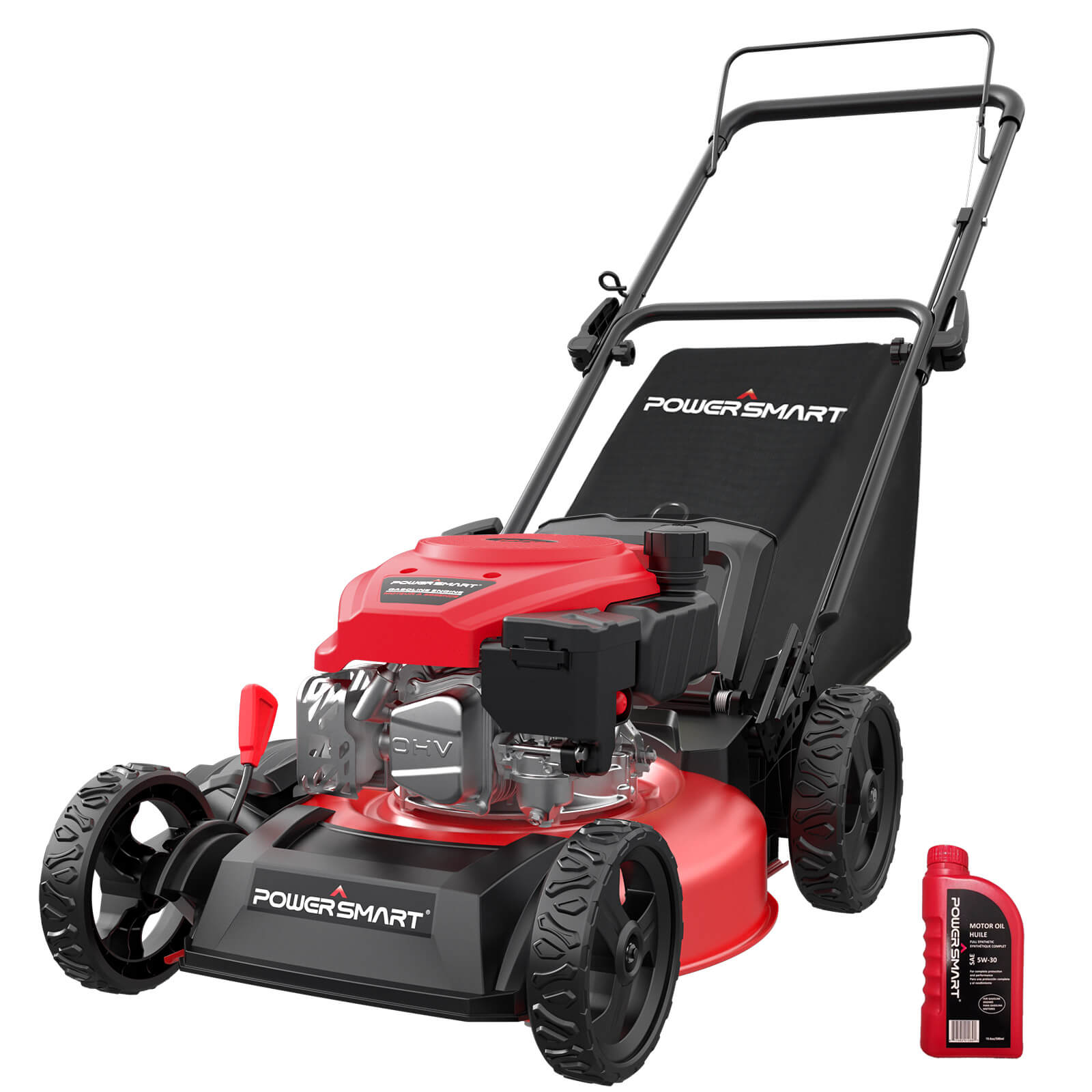

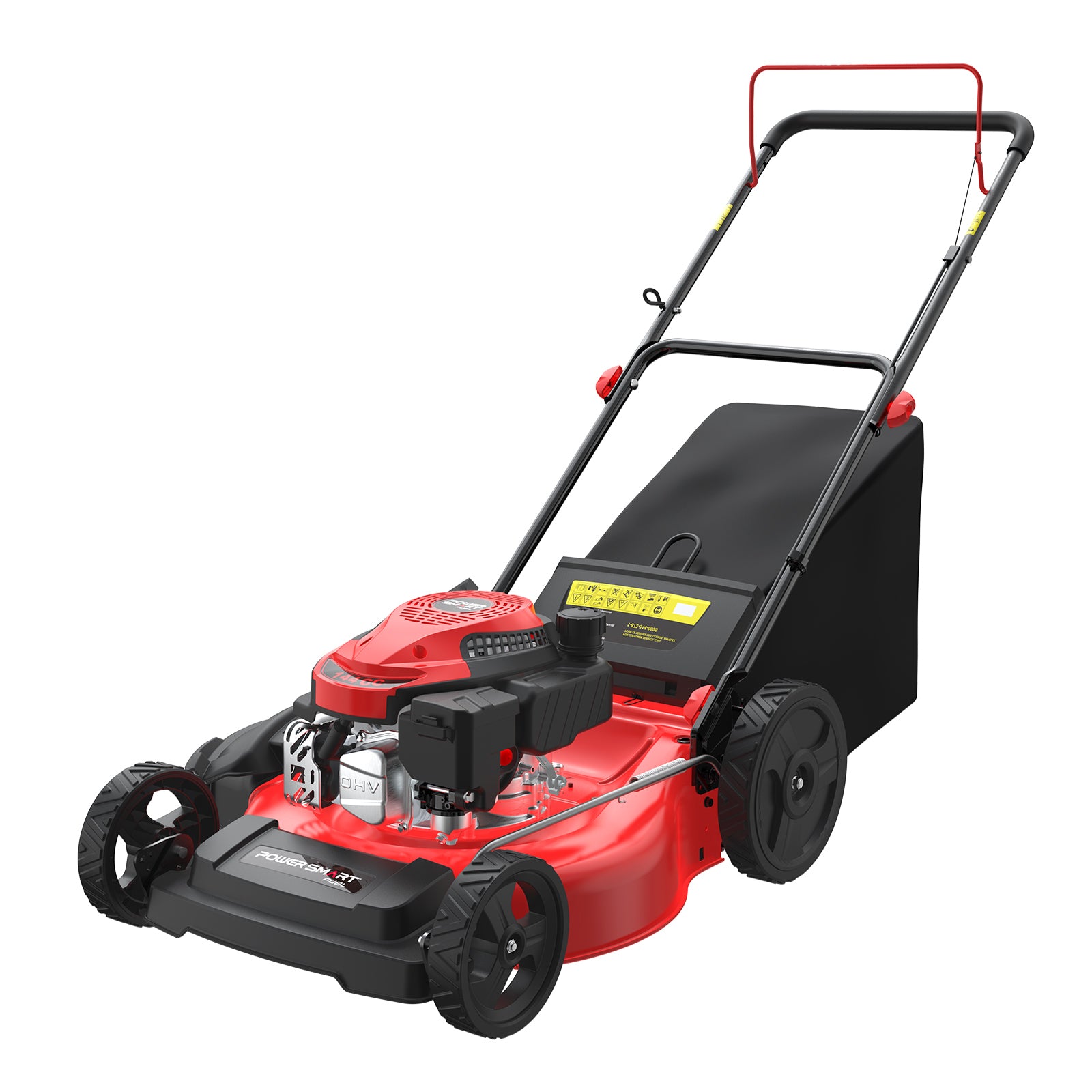

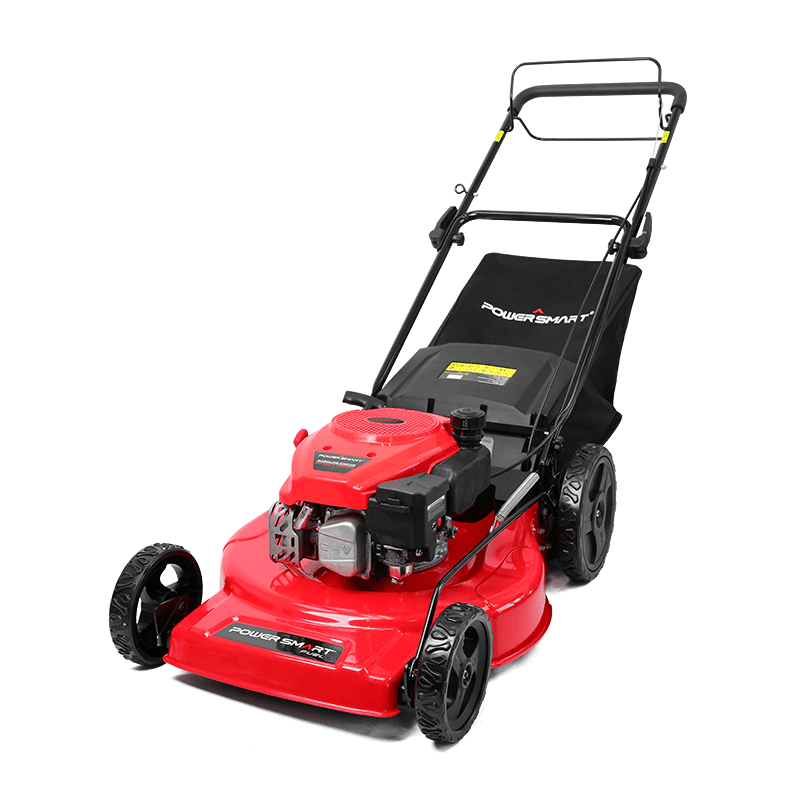
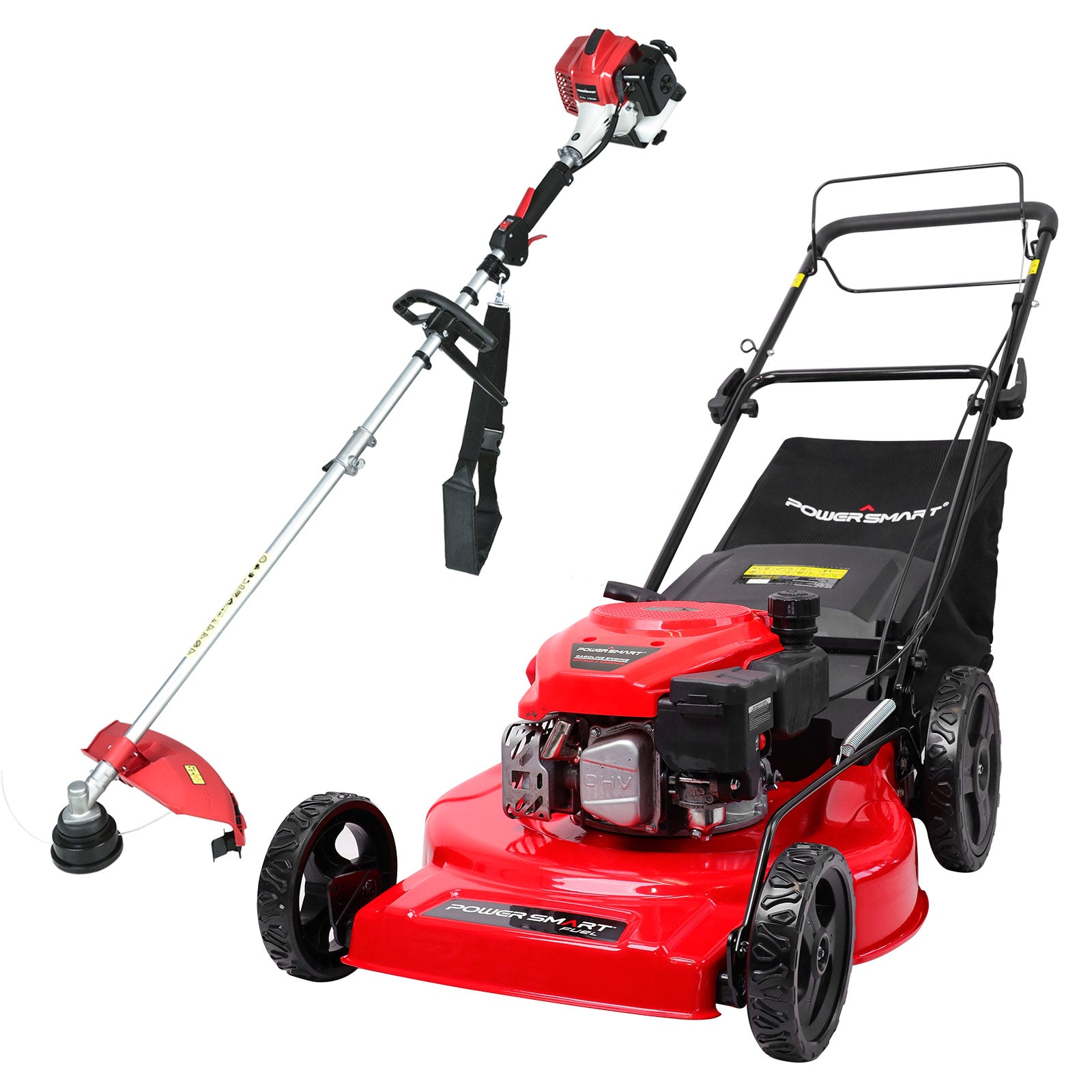
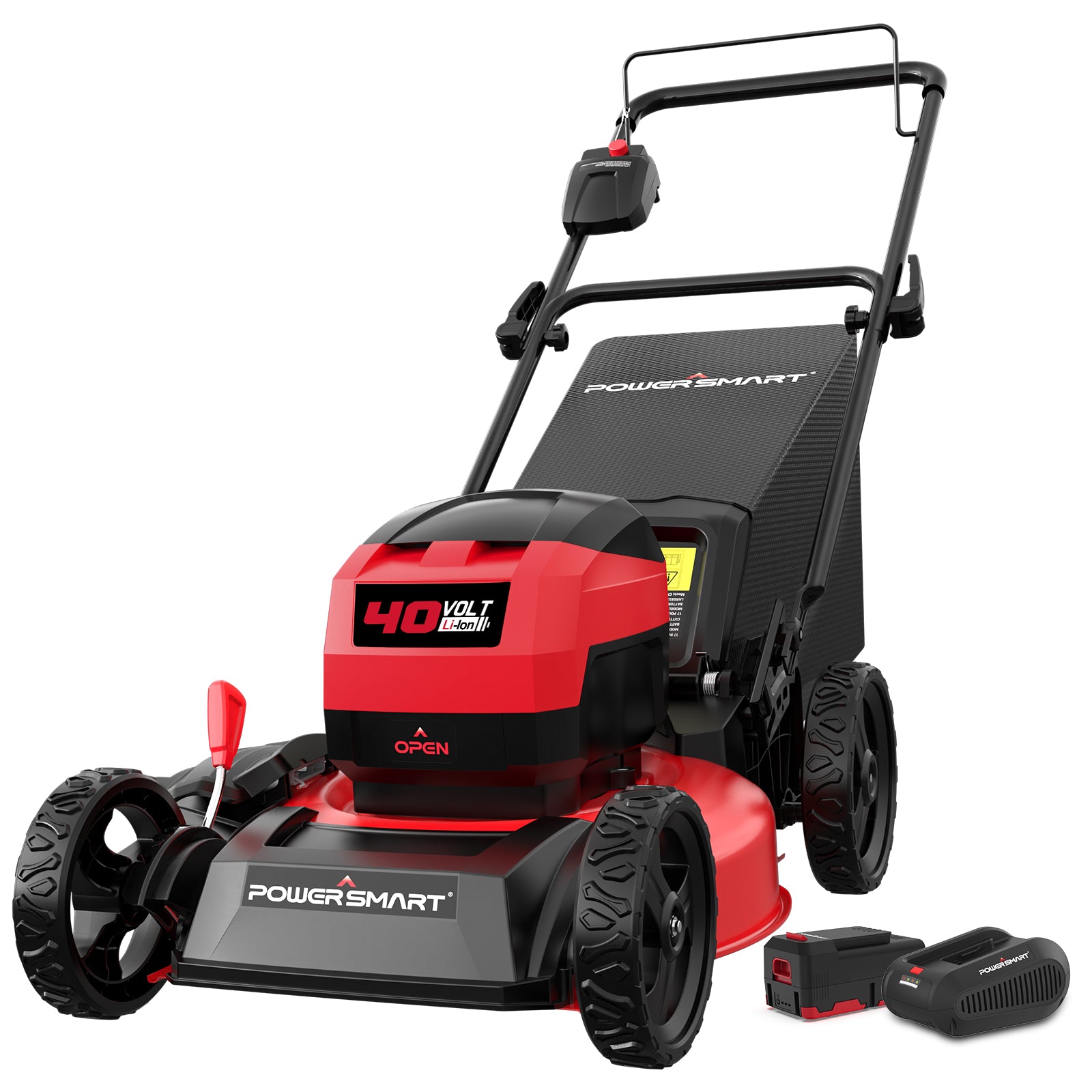
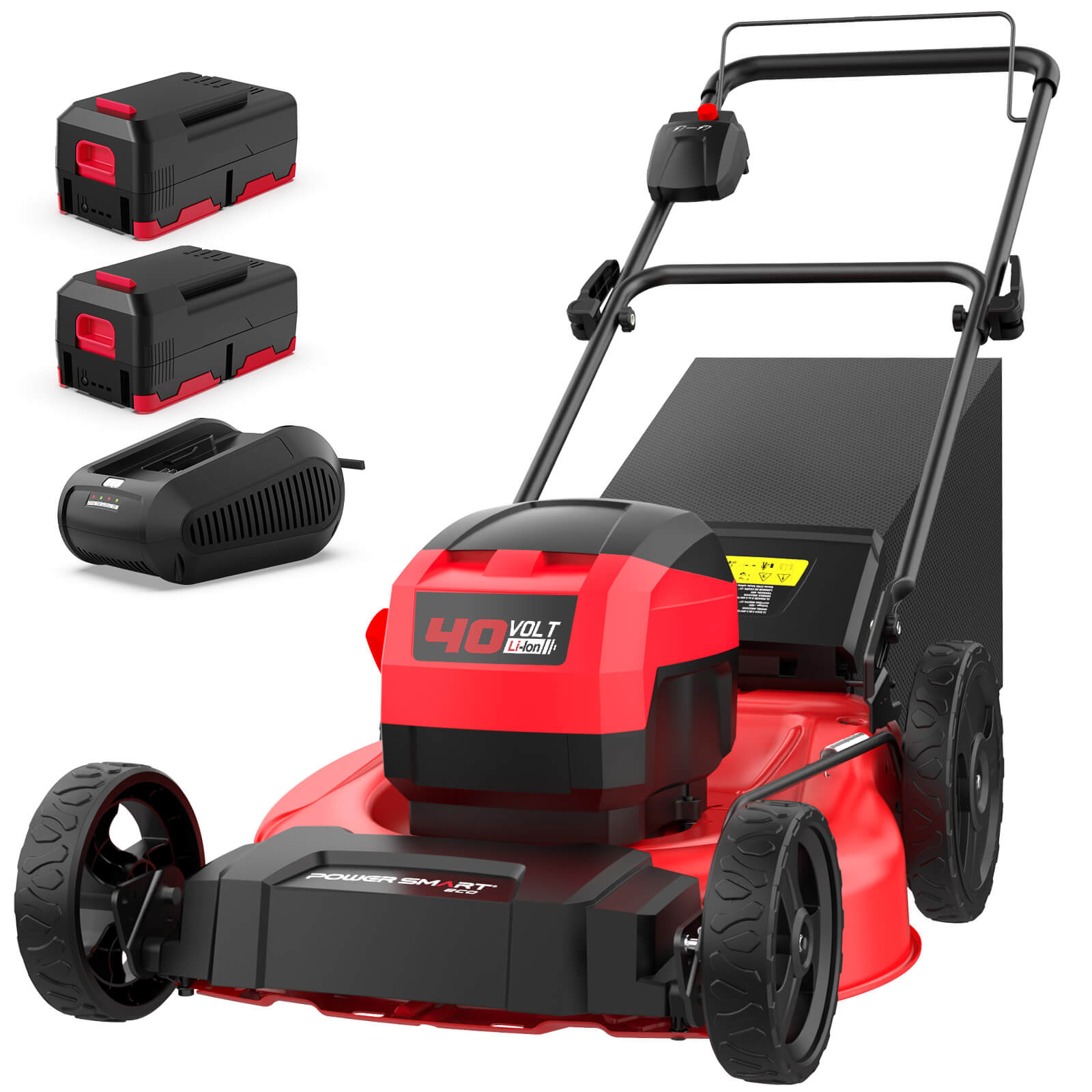
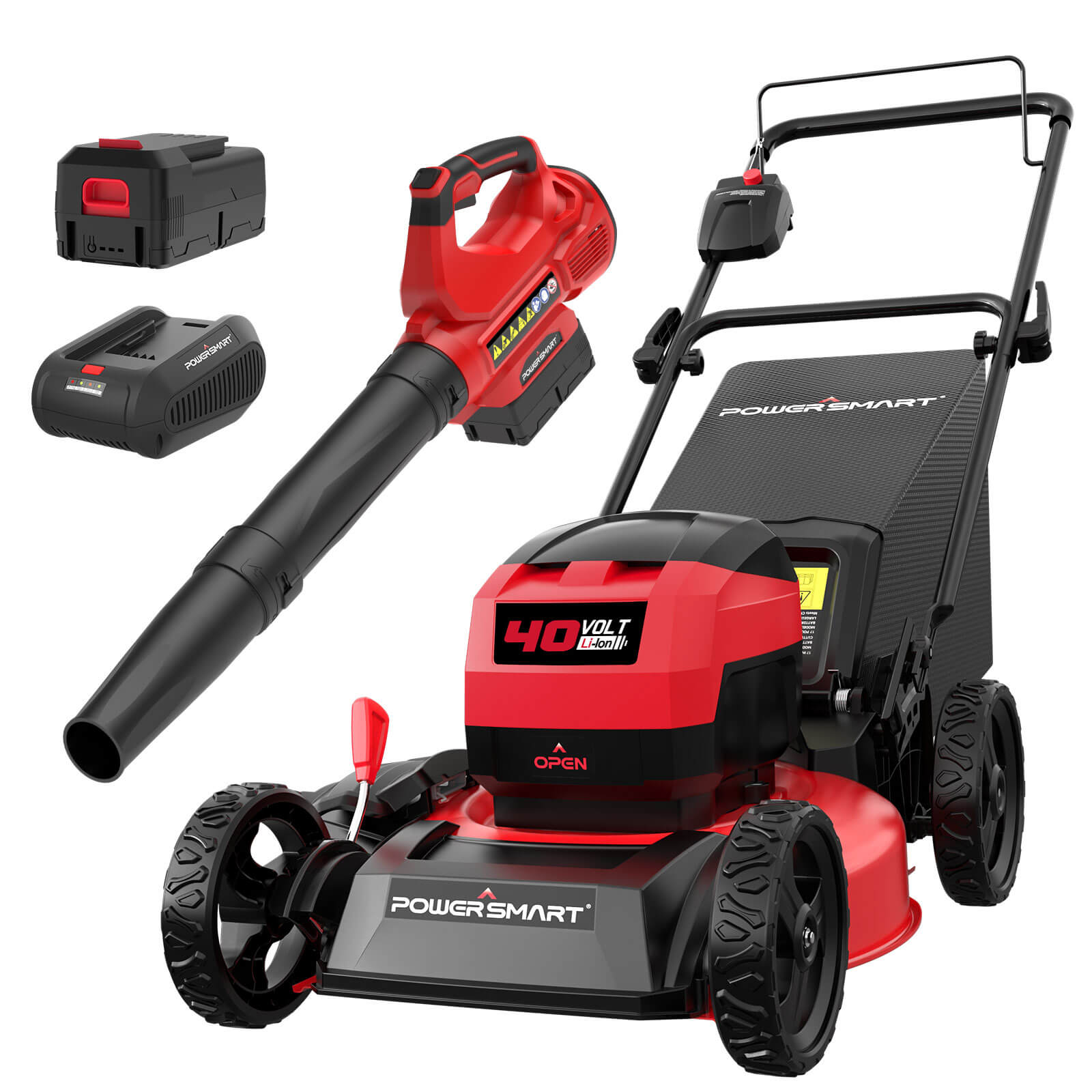
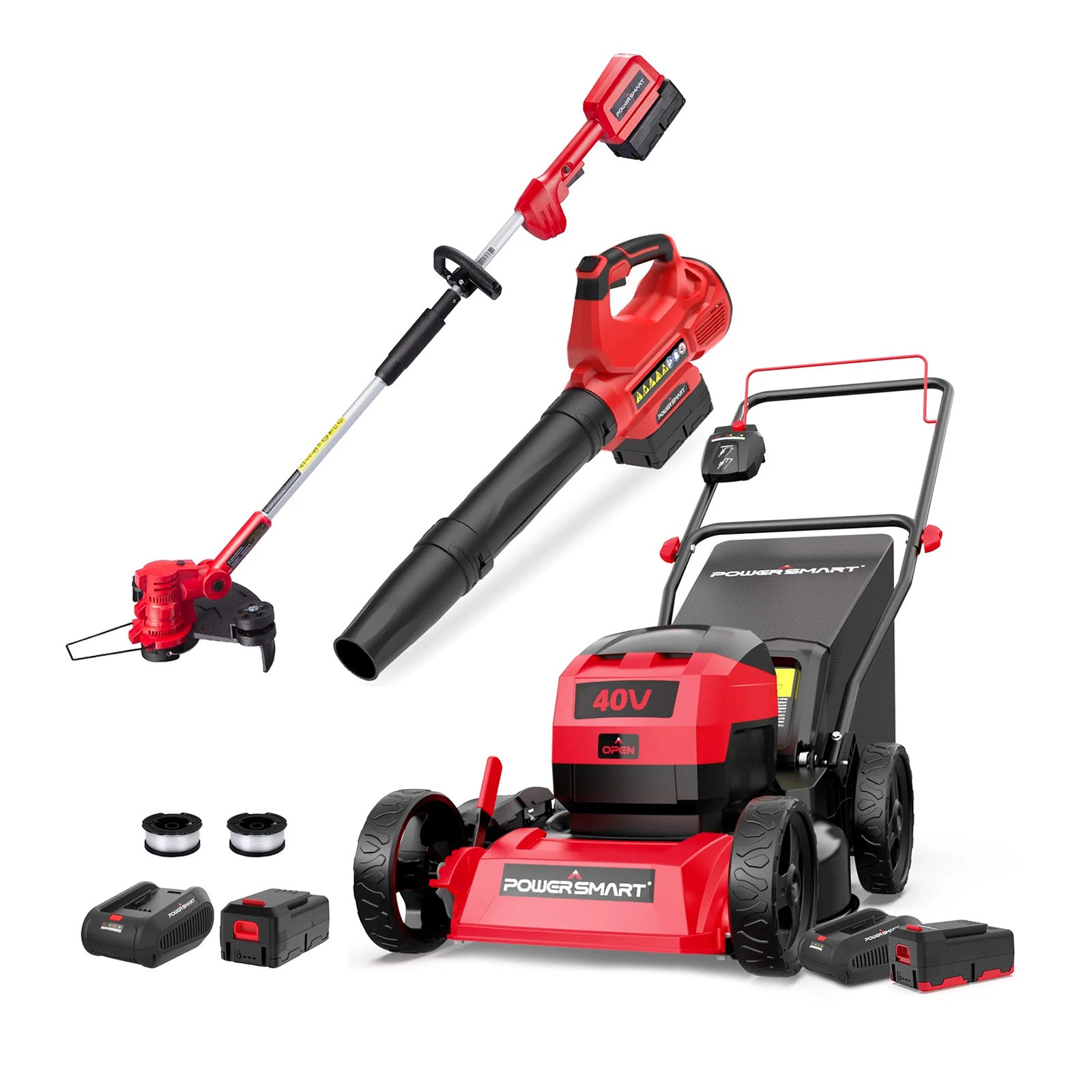
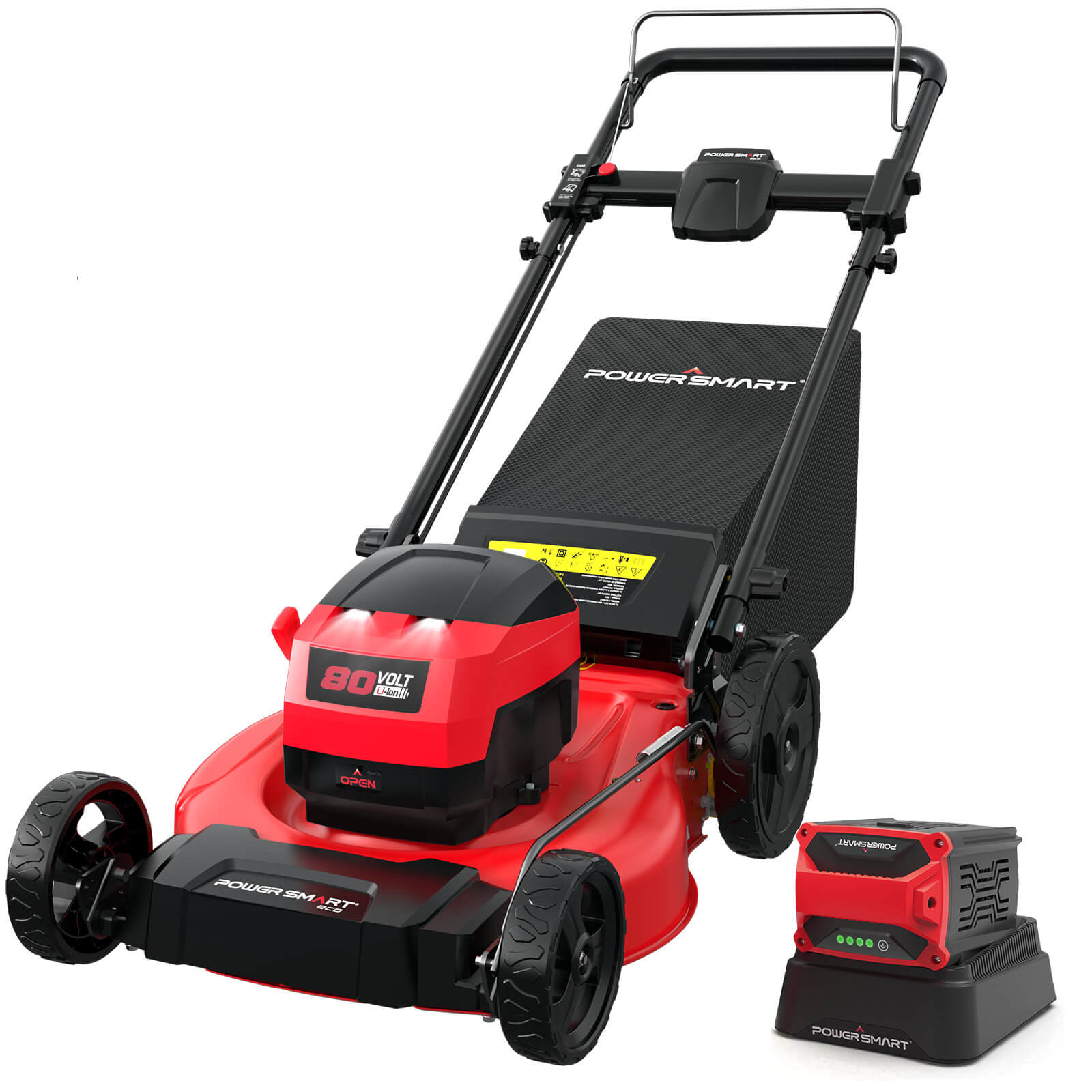
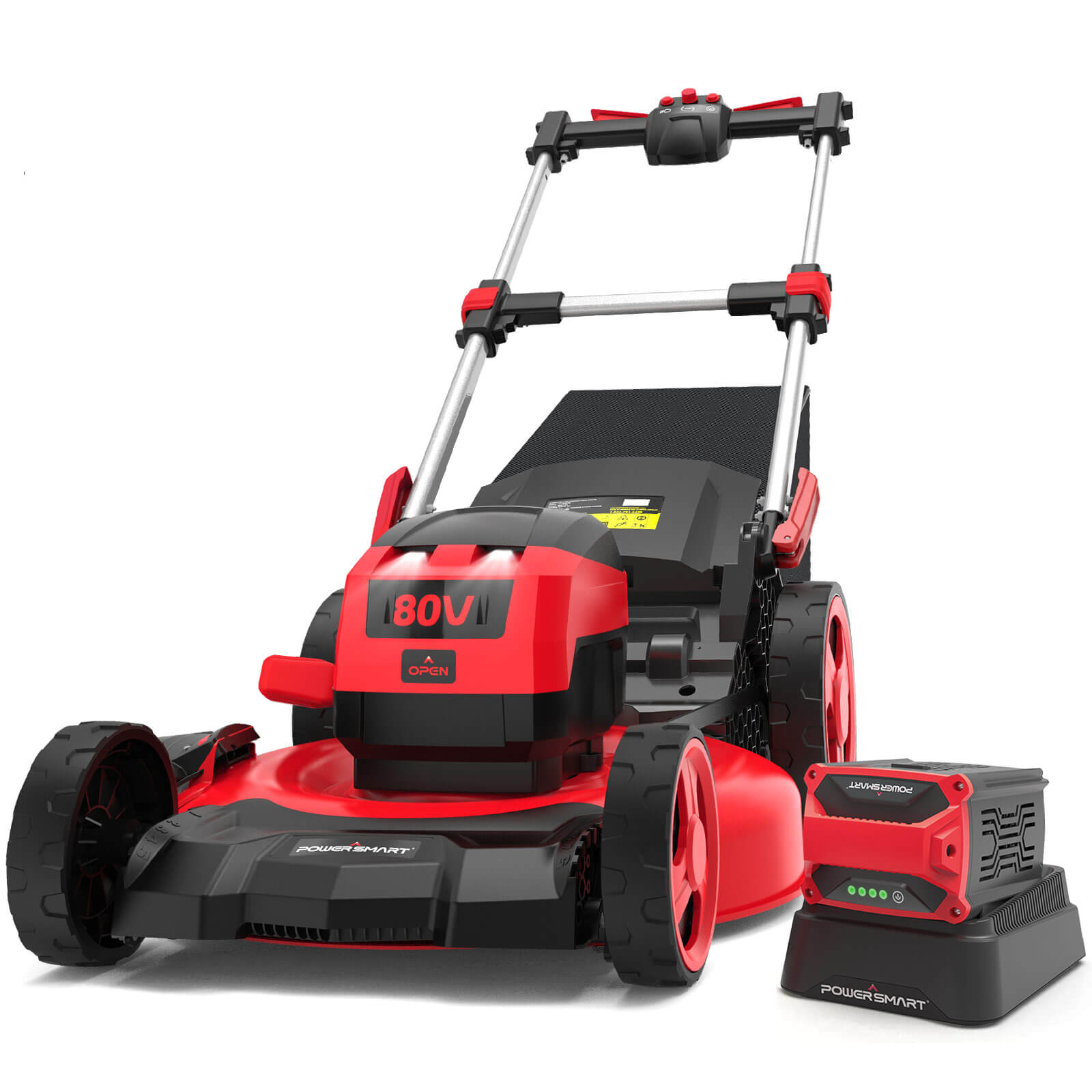
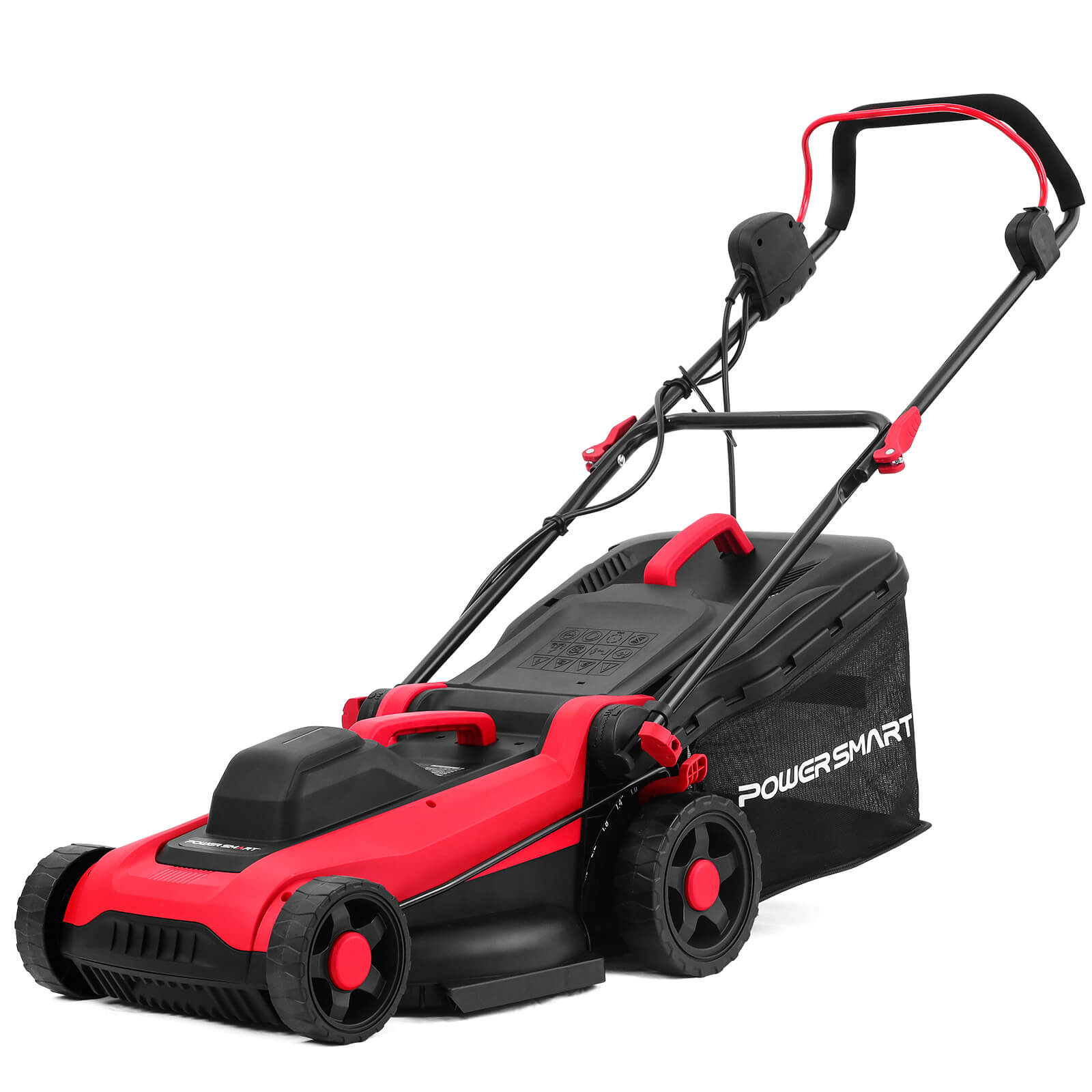







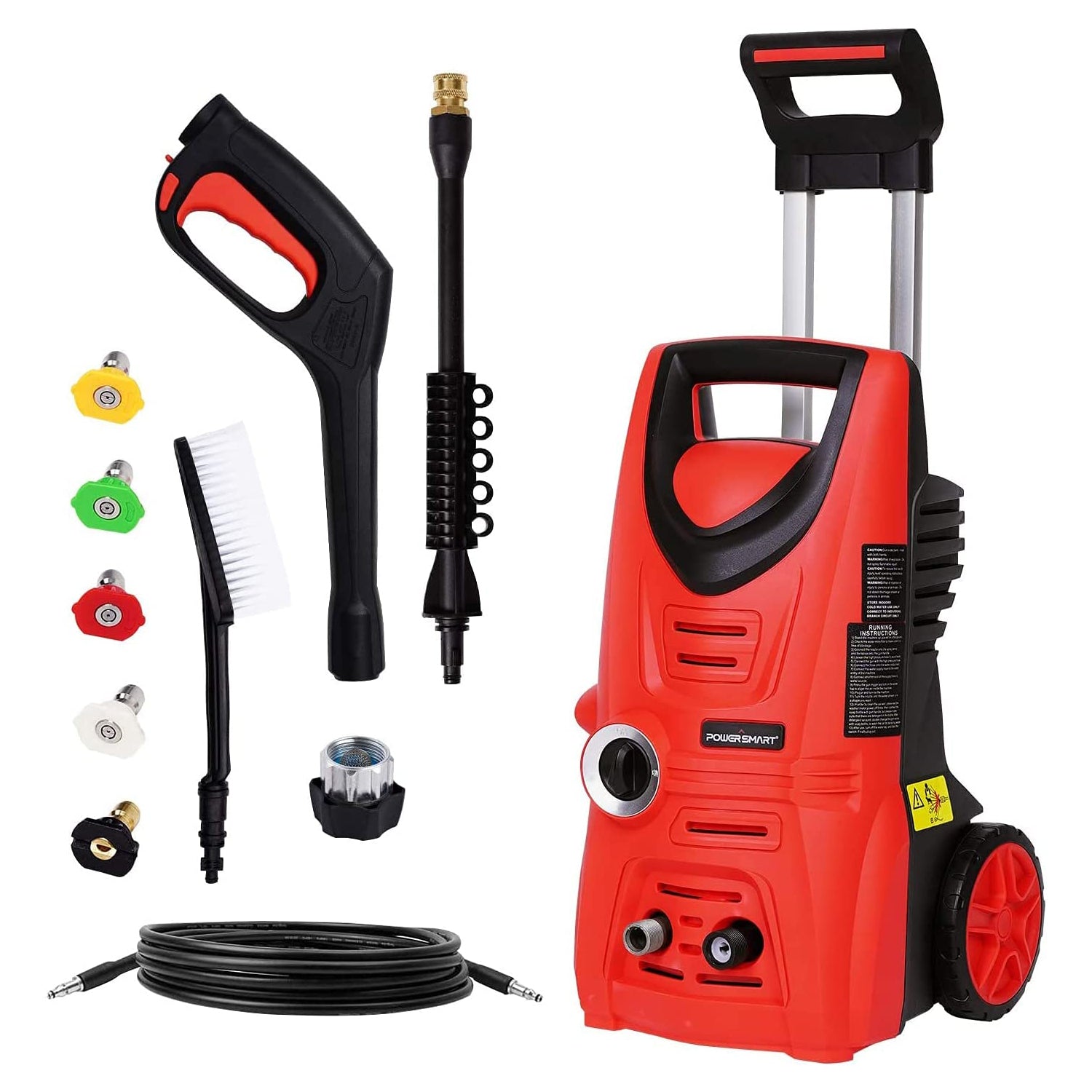
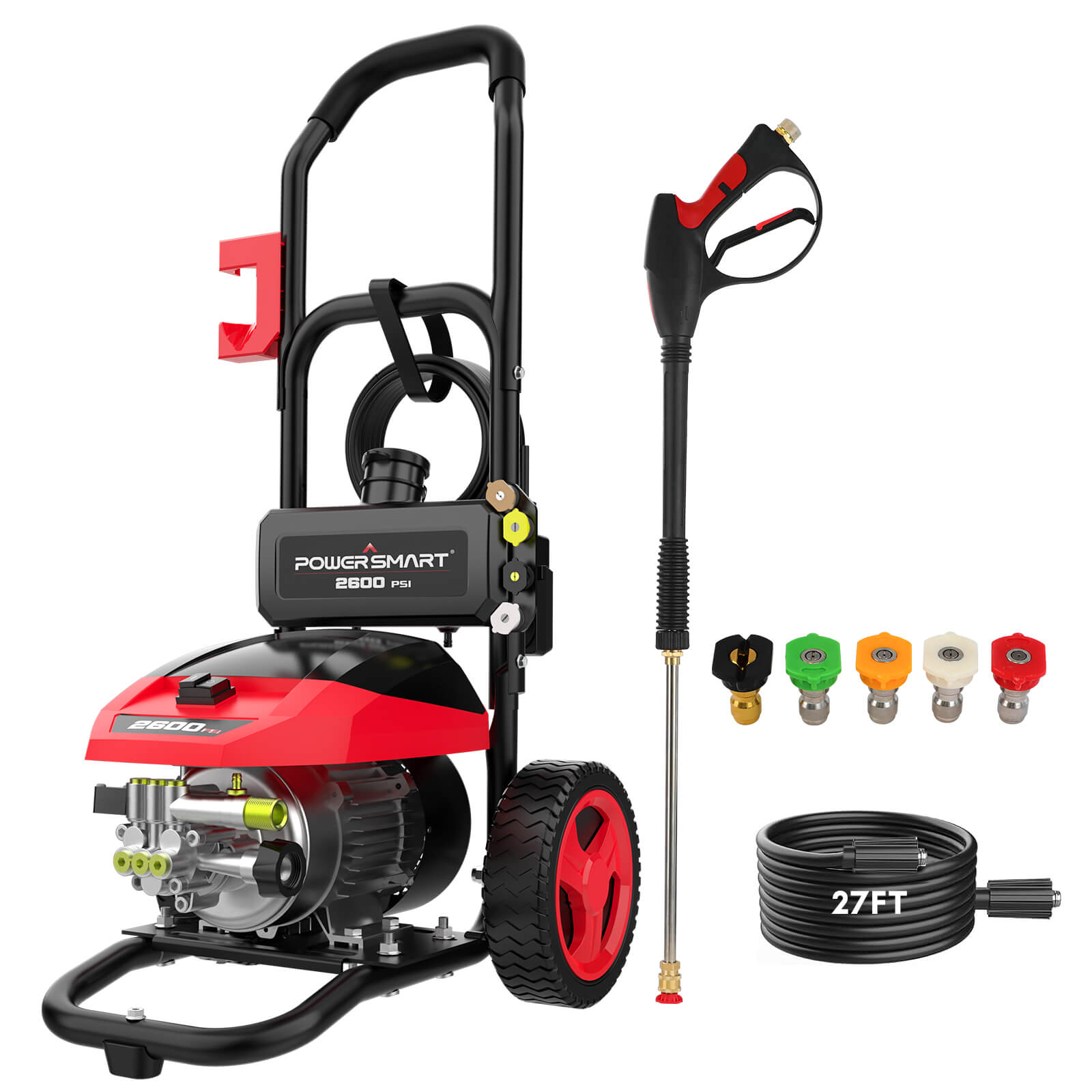
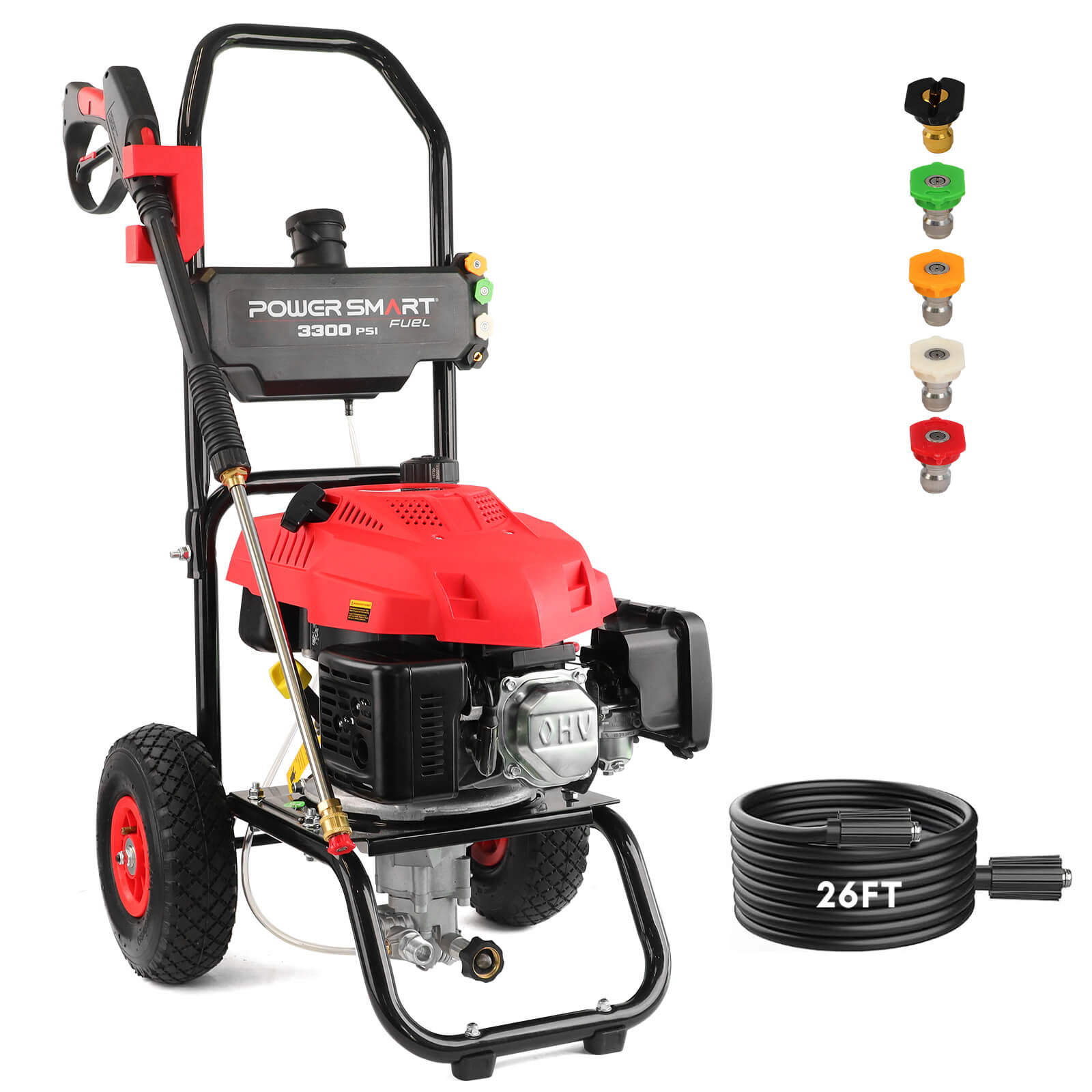
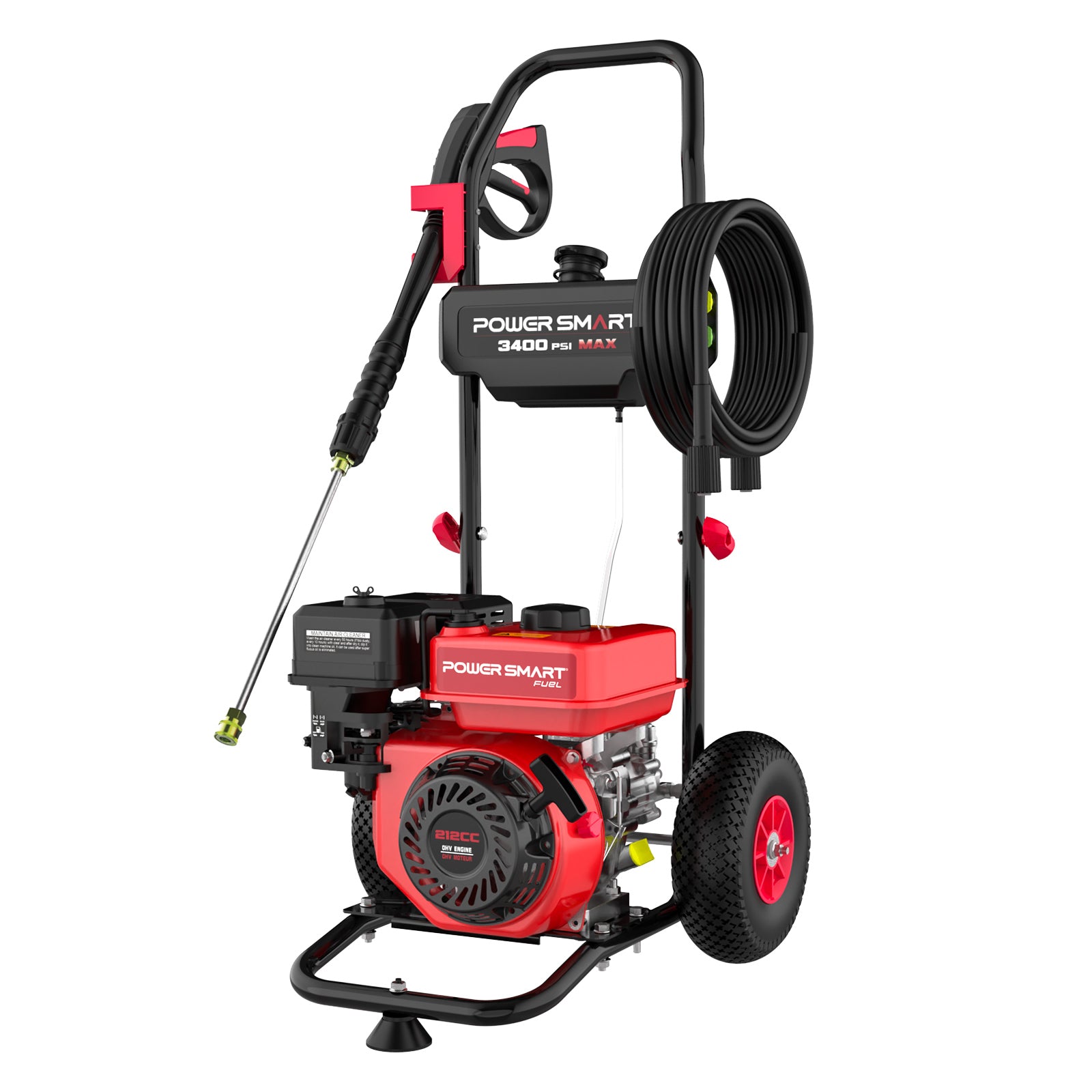
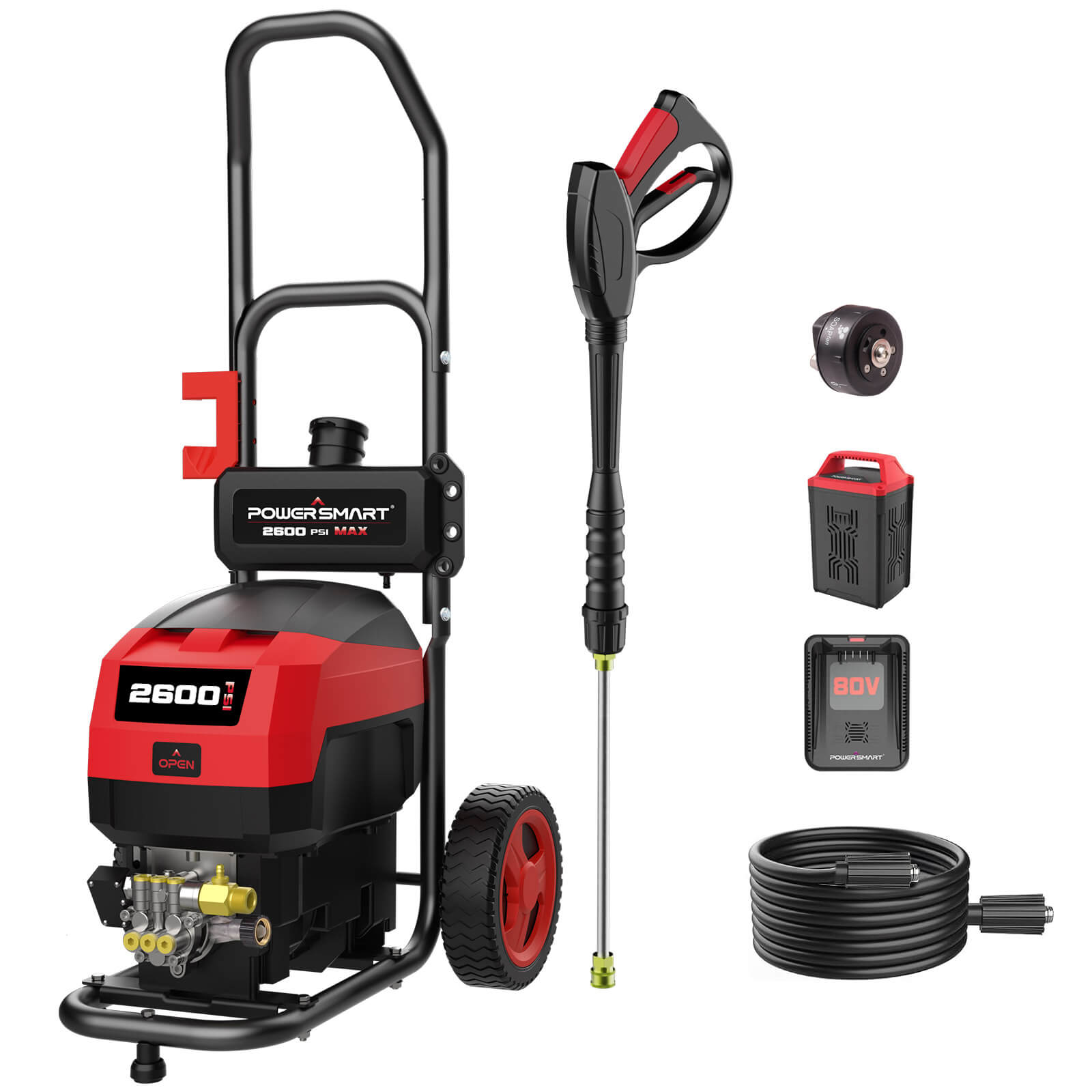
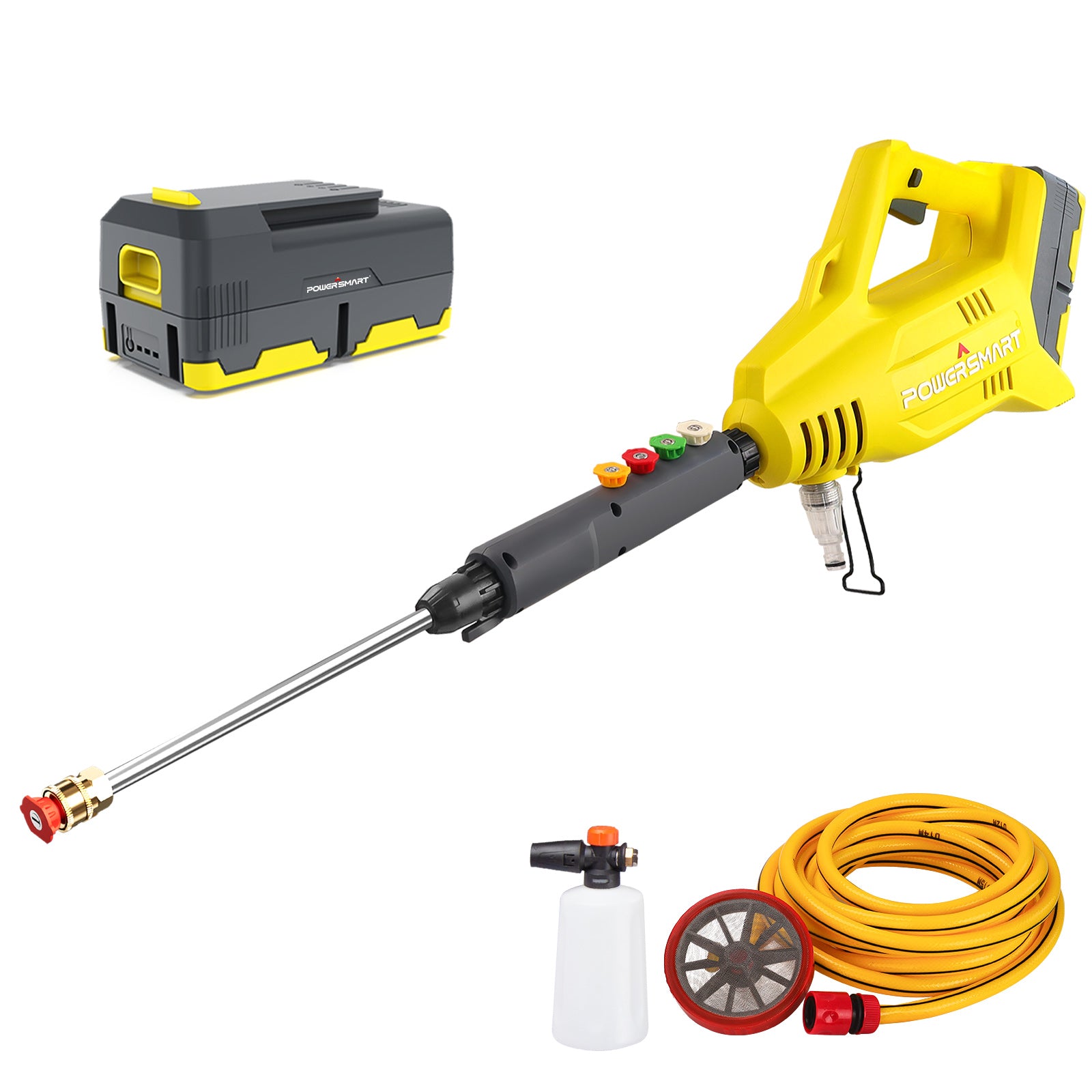












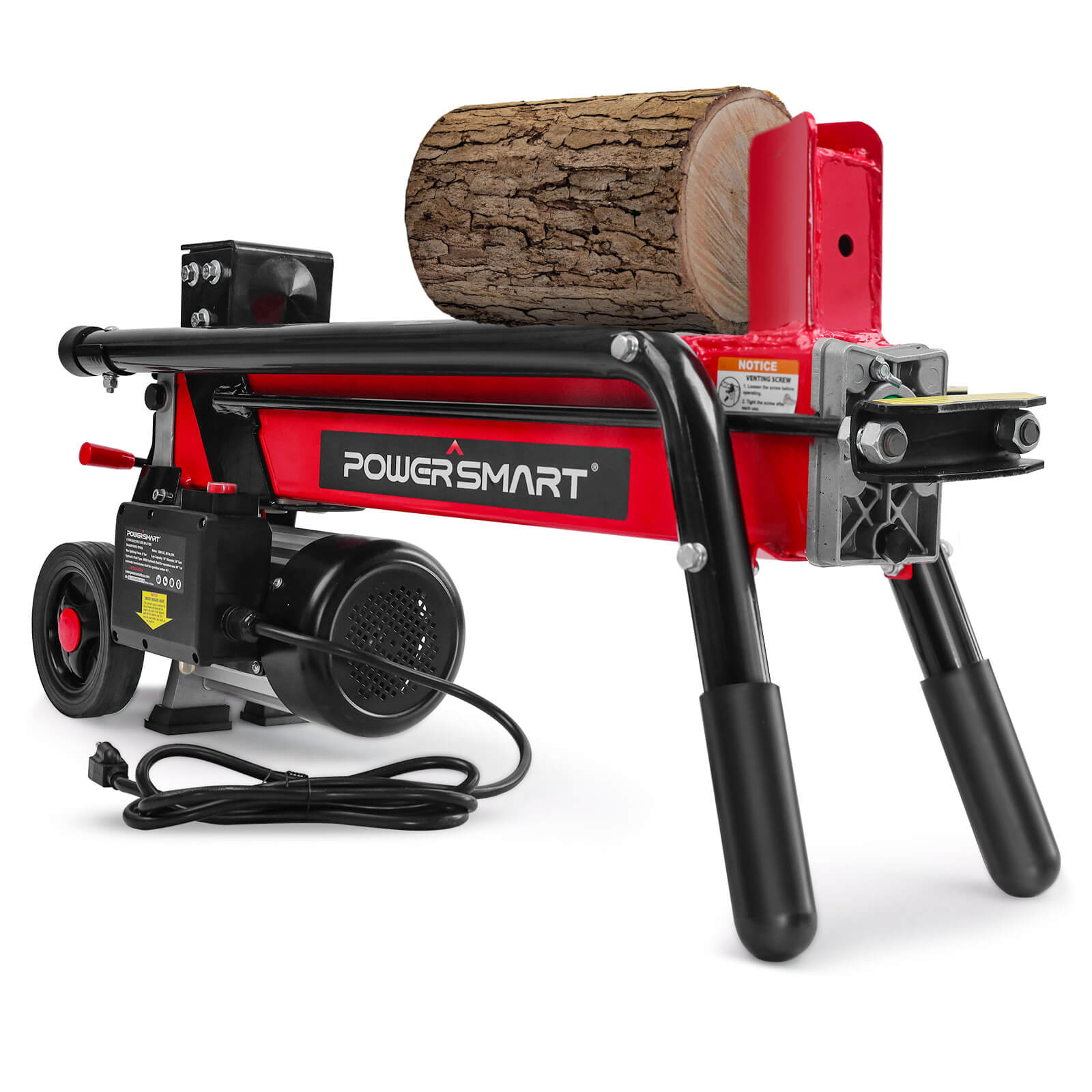
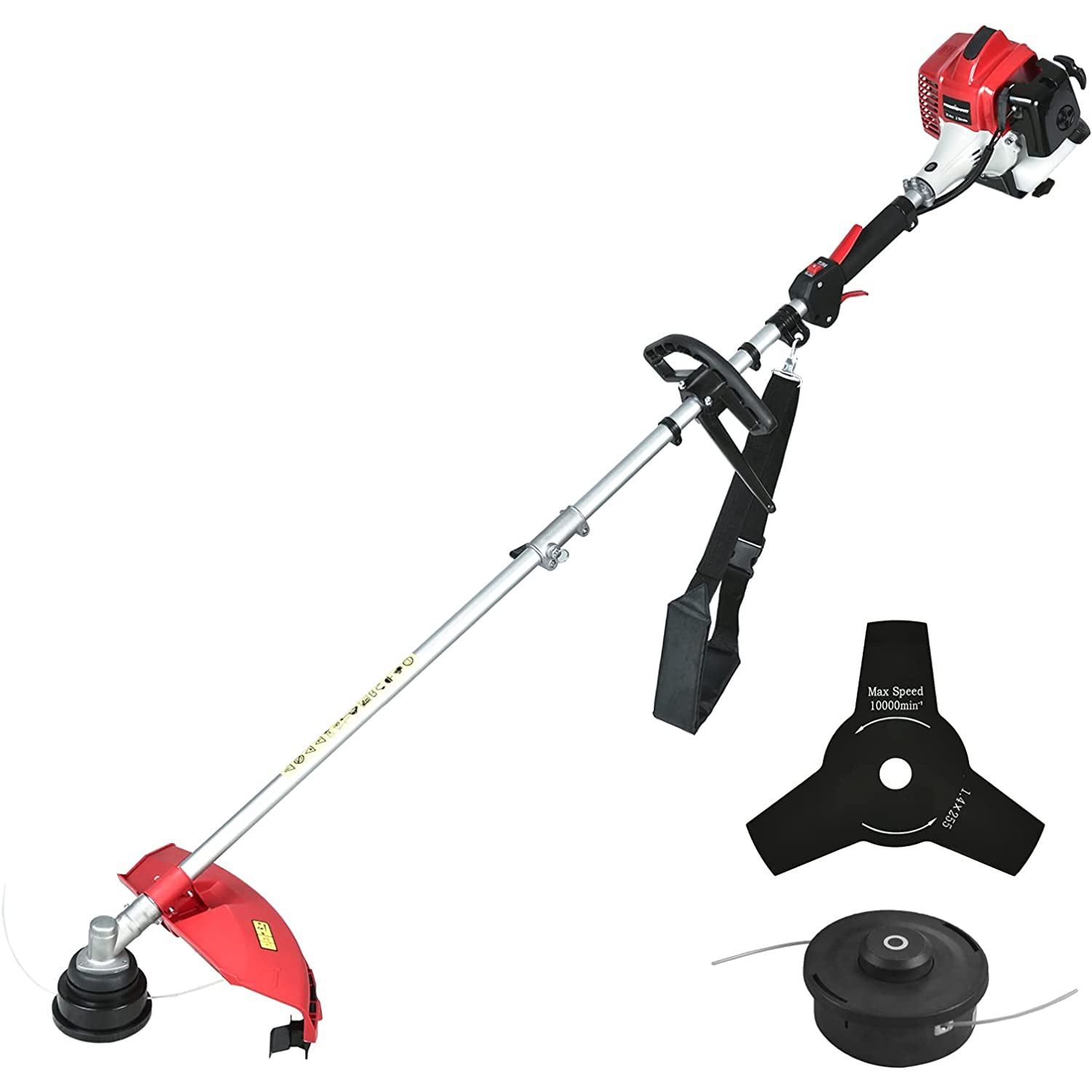
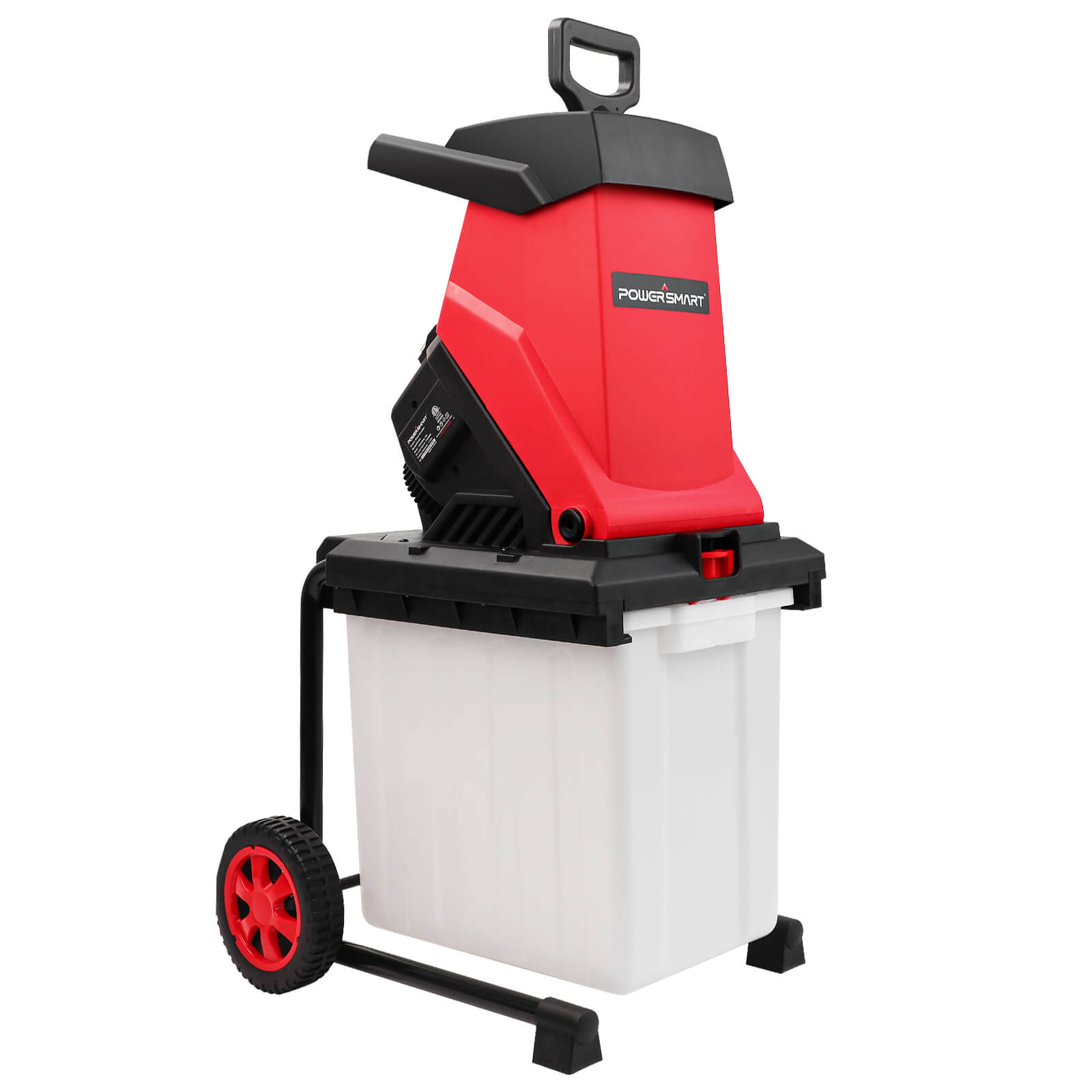
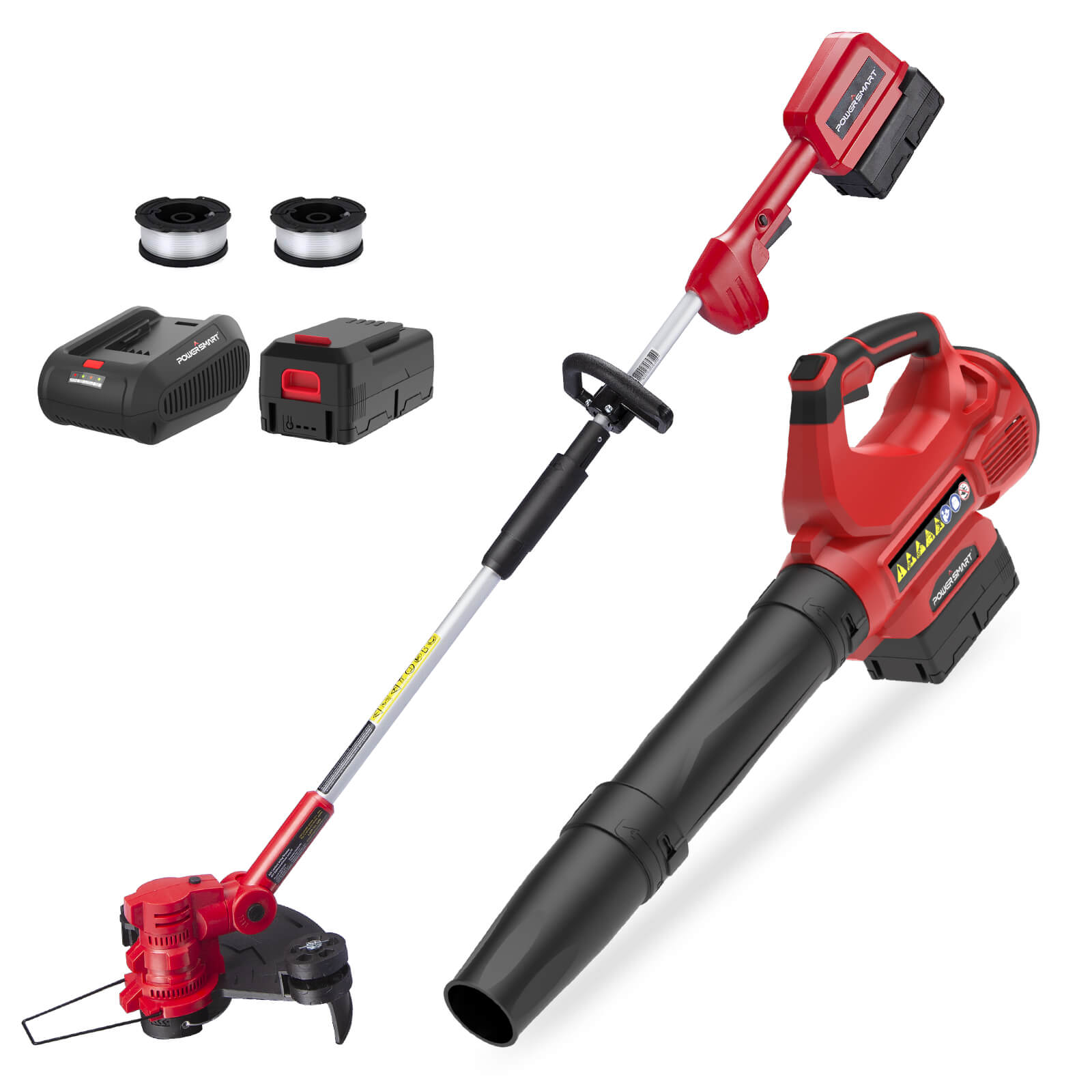
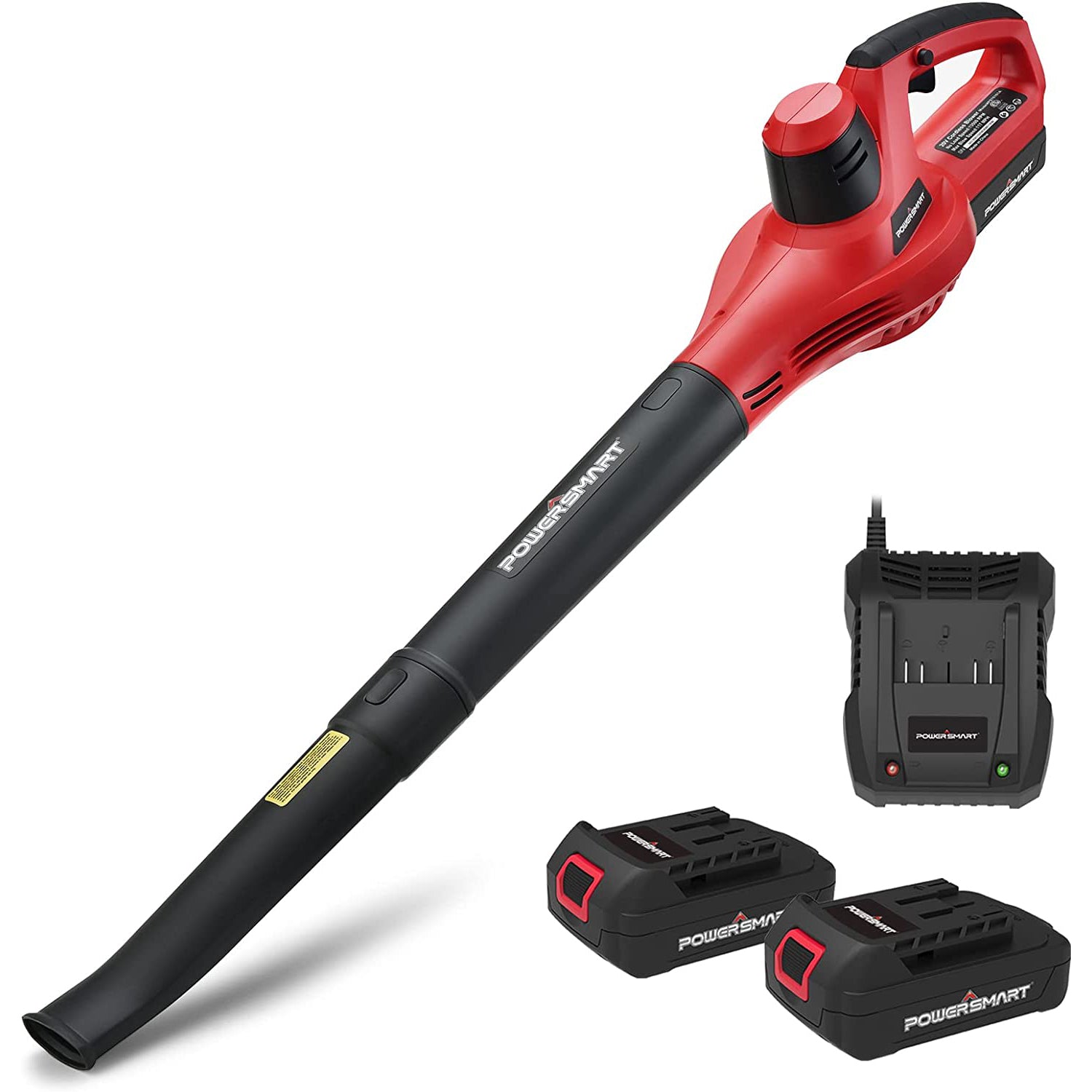
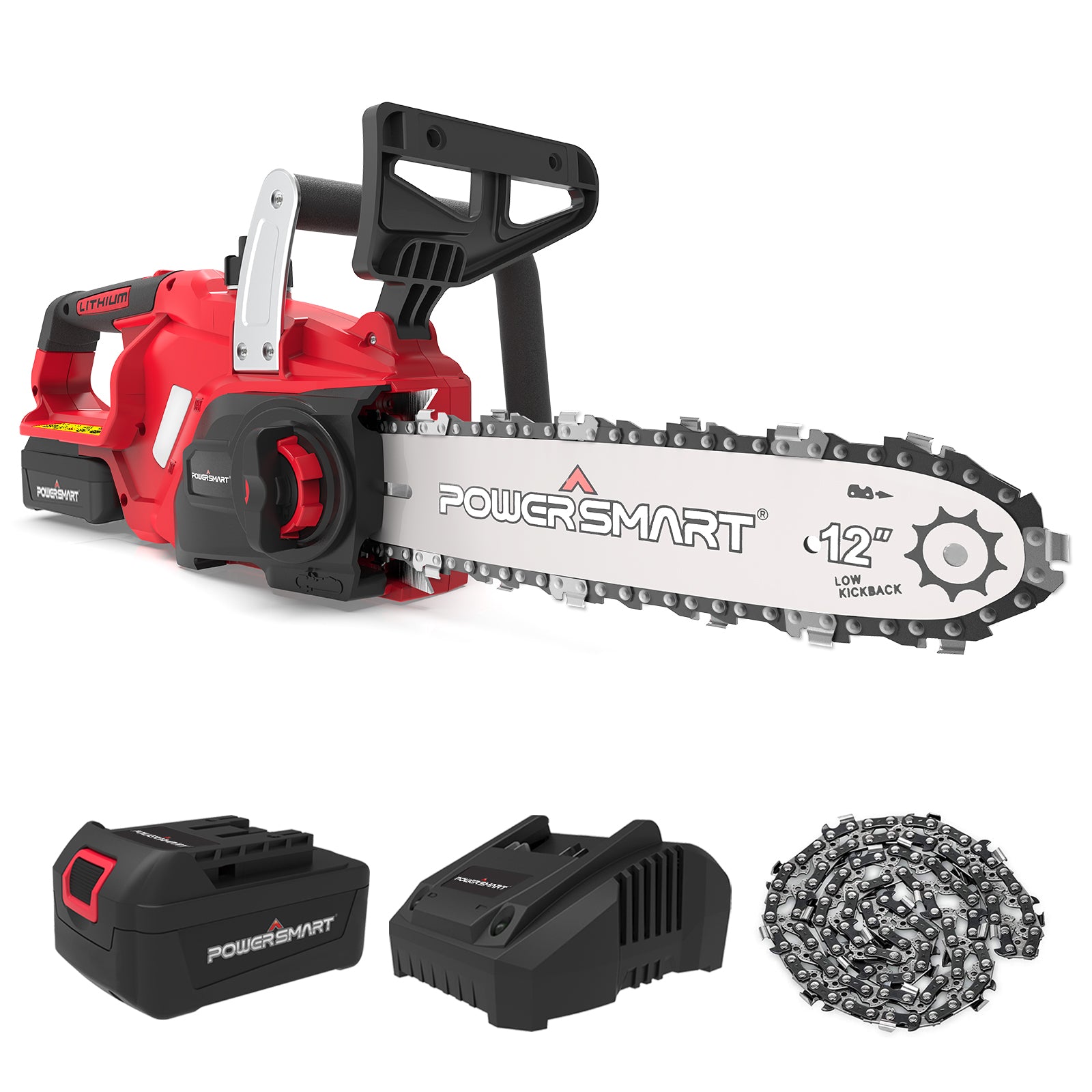
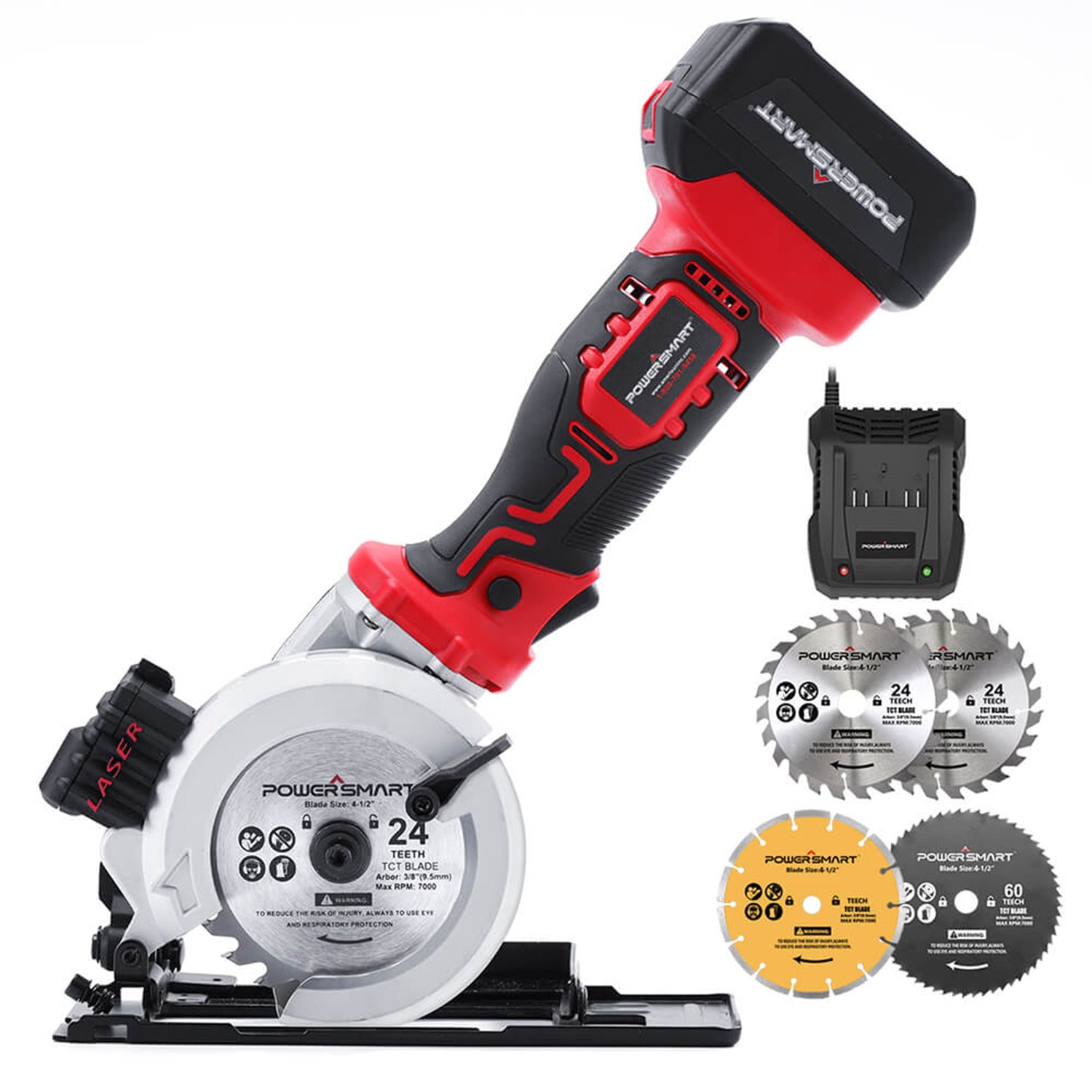

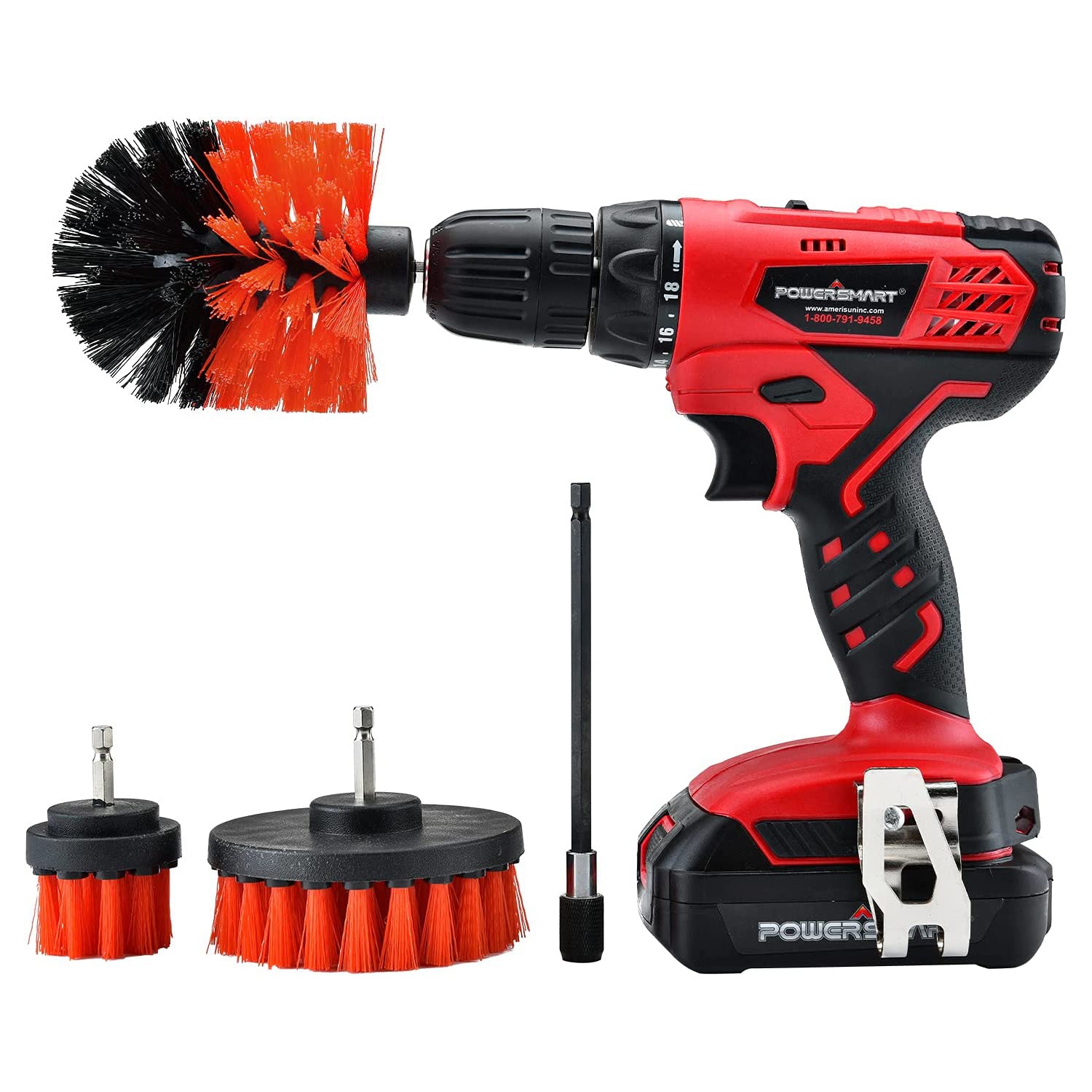
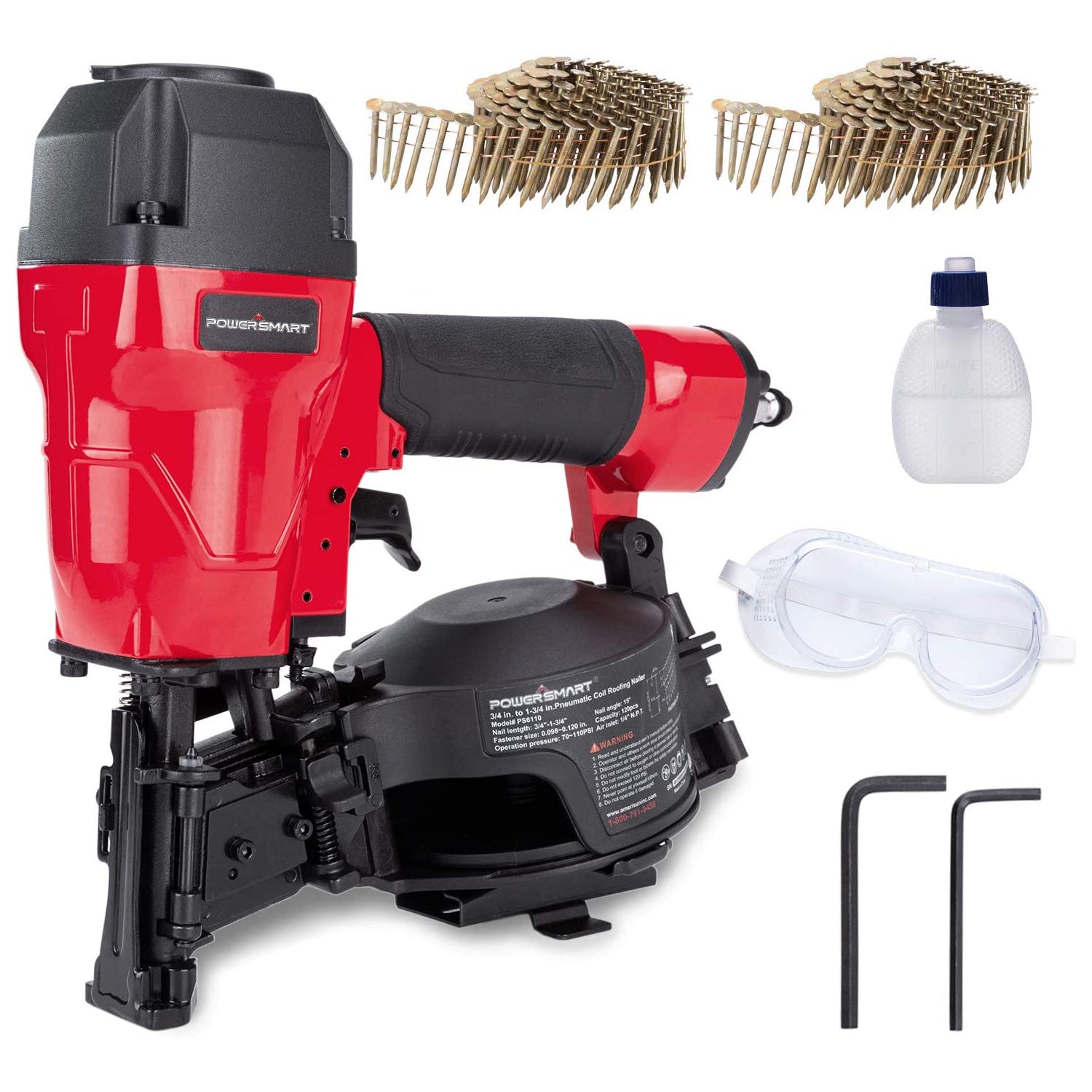

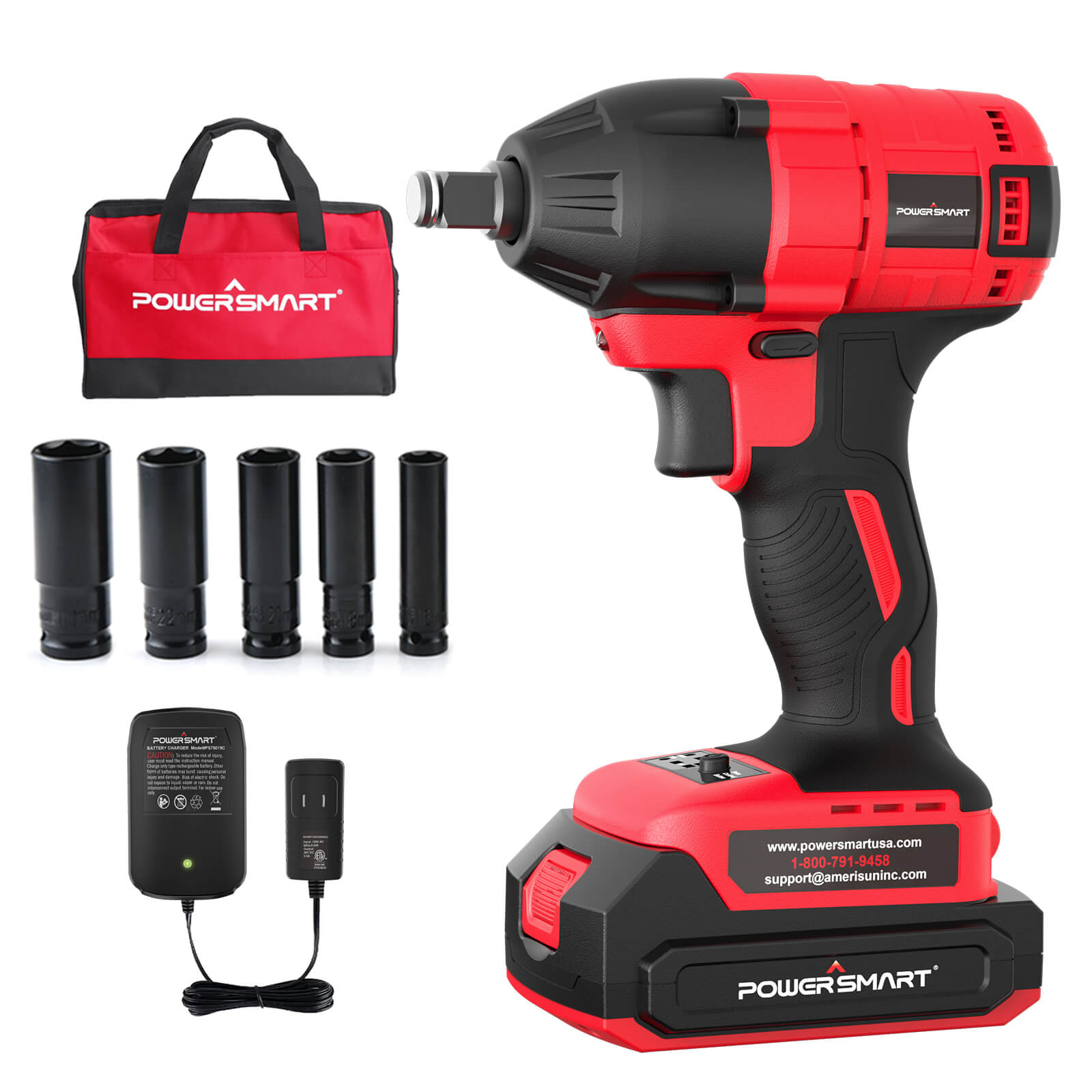












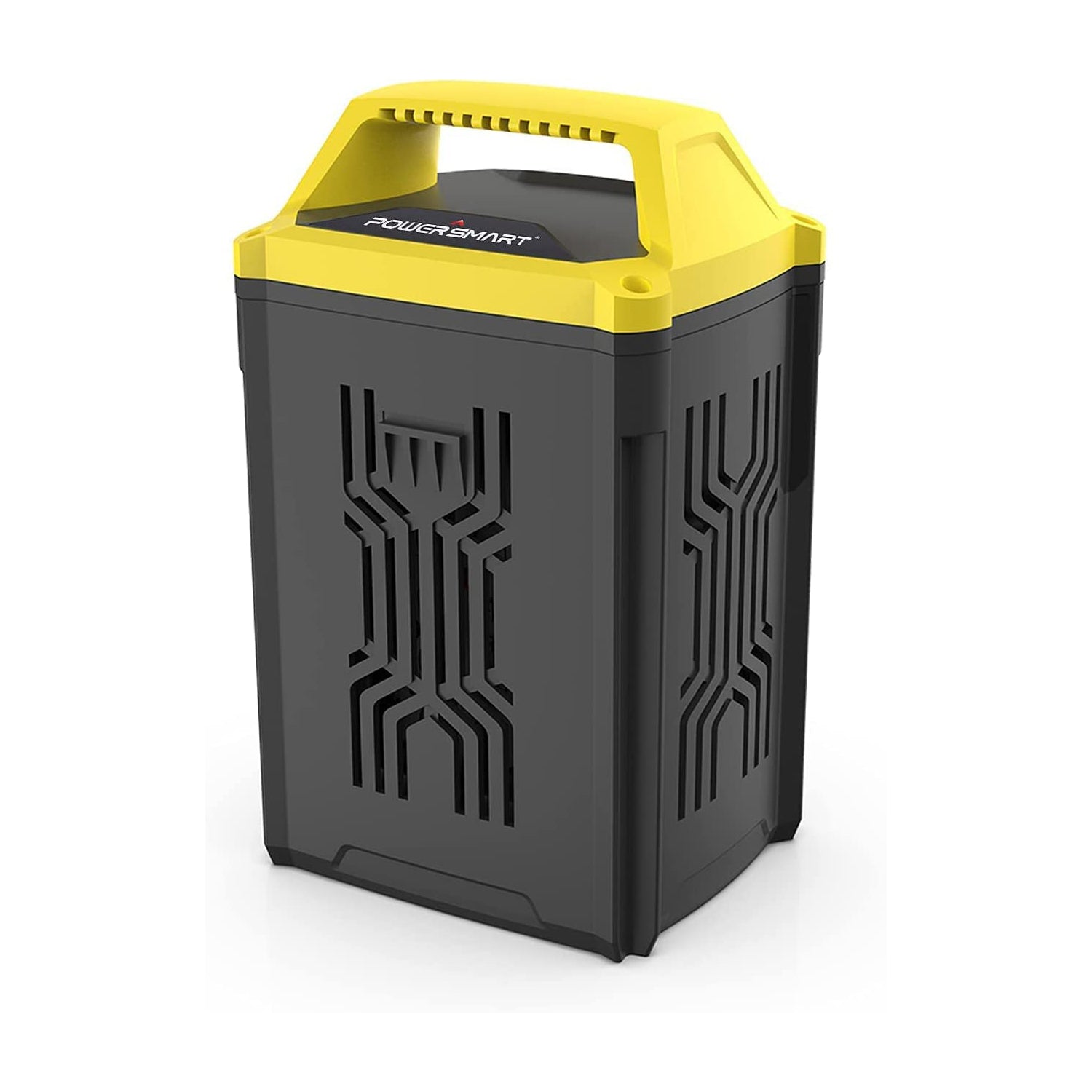

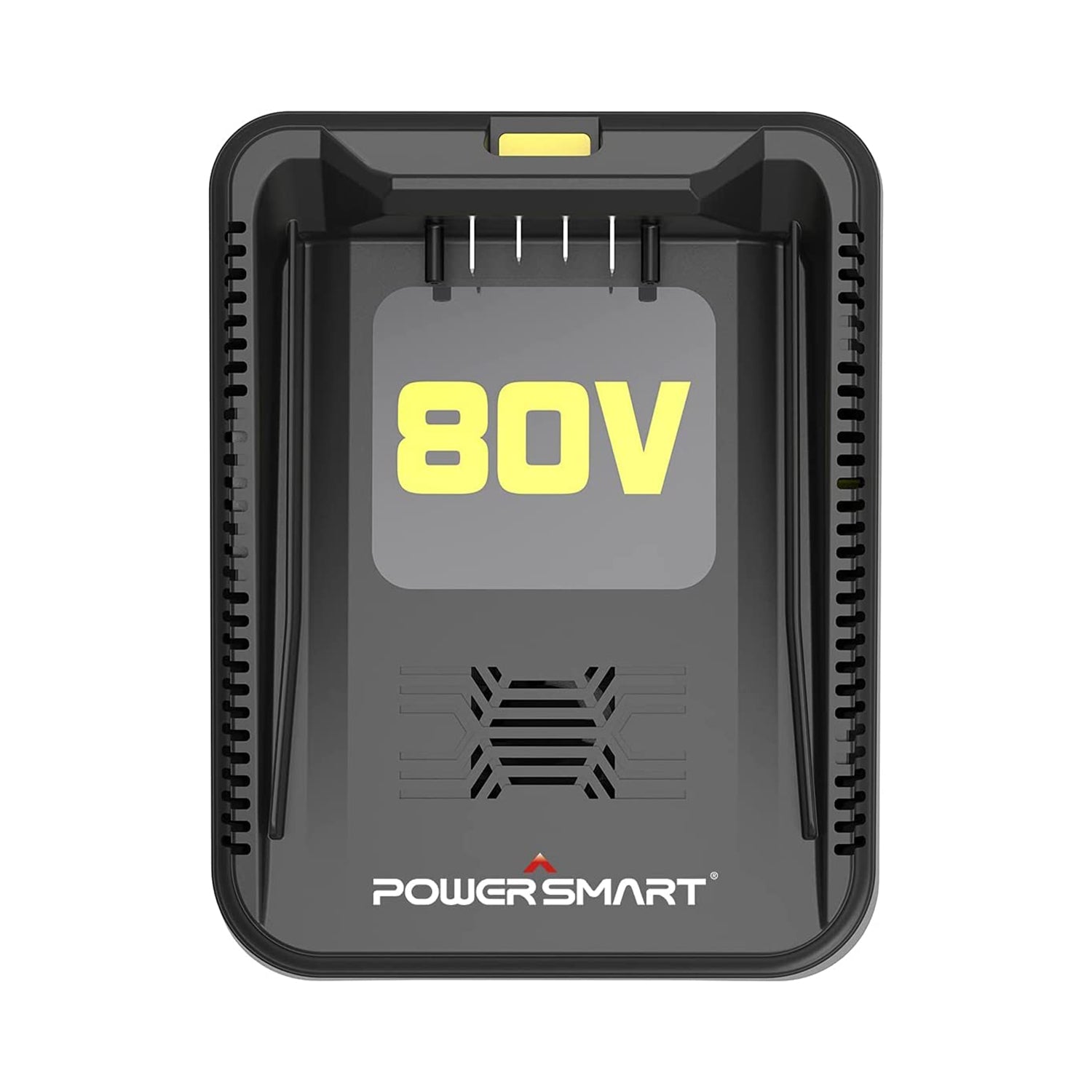



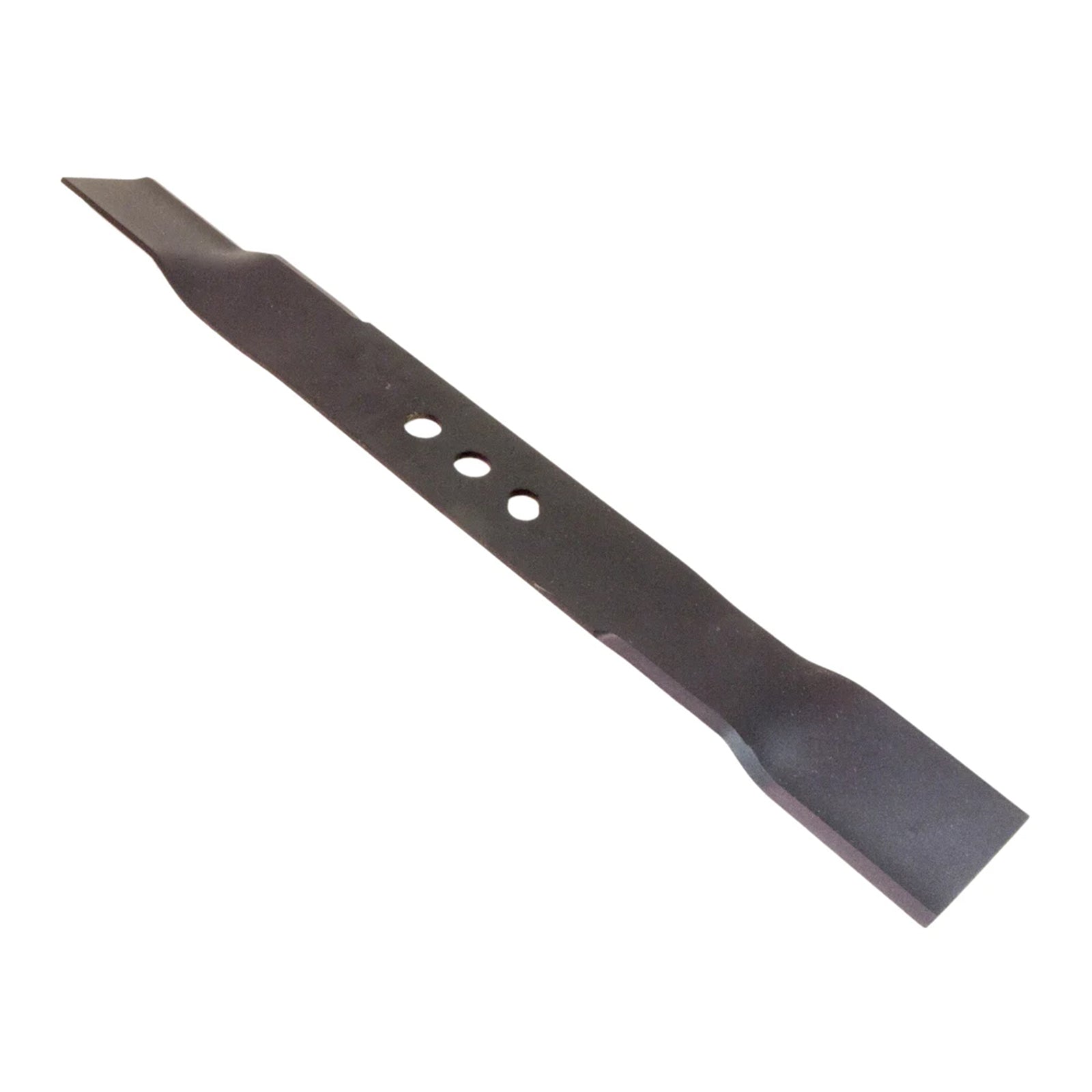

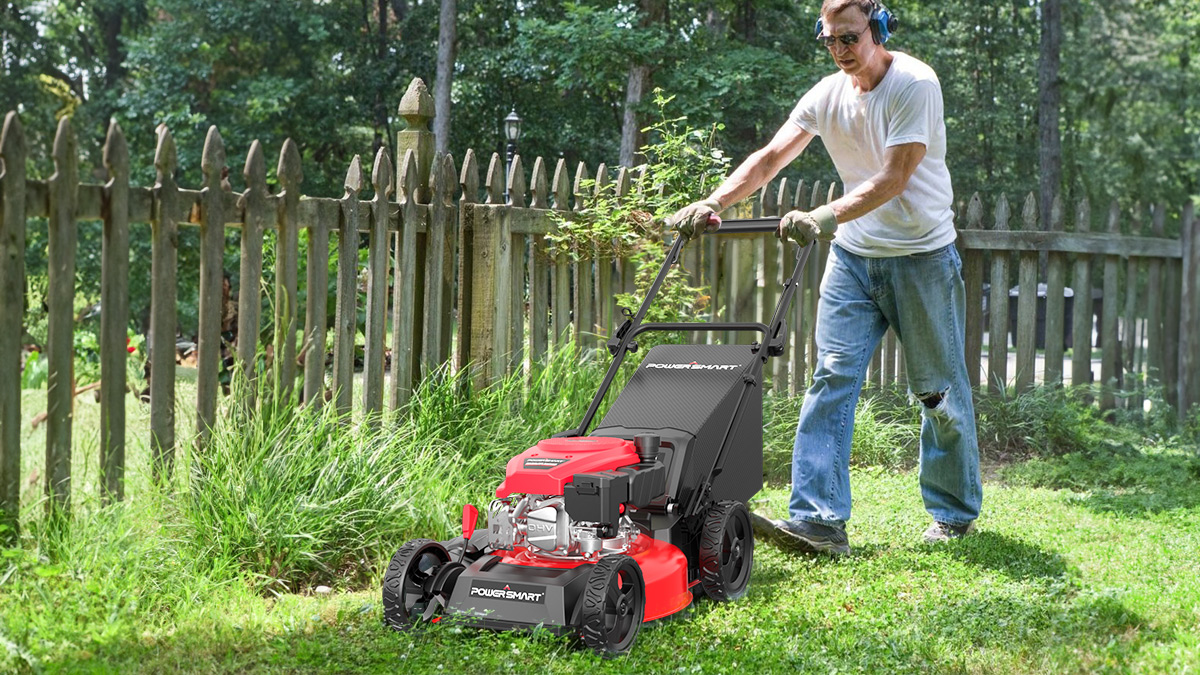
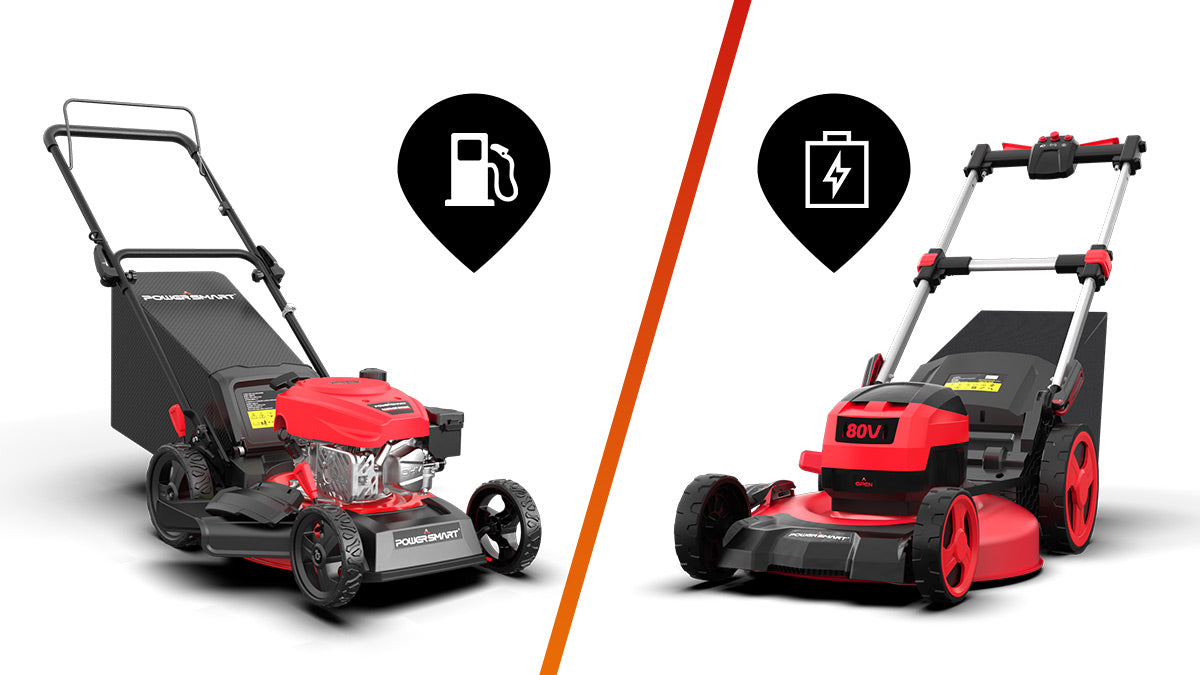
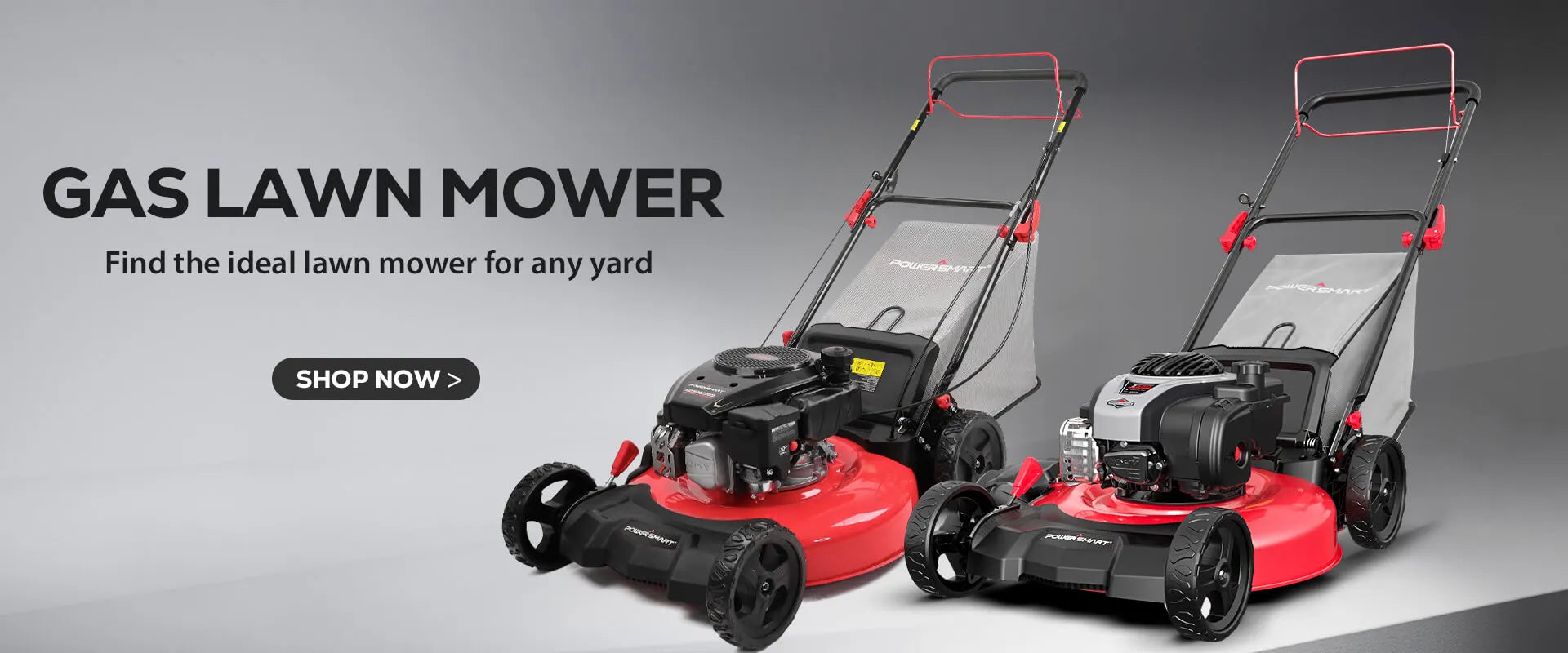
Leave a comment
All comments are moderated before being published.
This site is protected by hCaptcha and the hCaptcha Privacy Policy and Terms of Service apply.